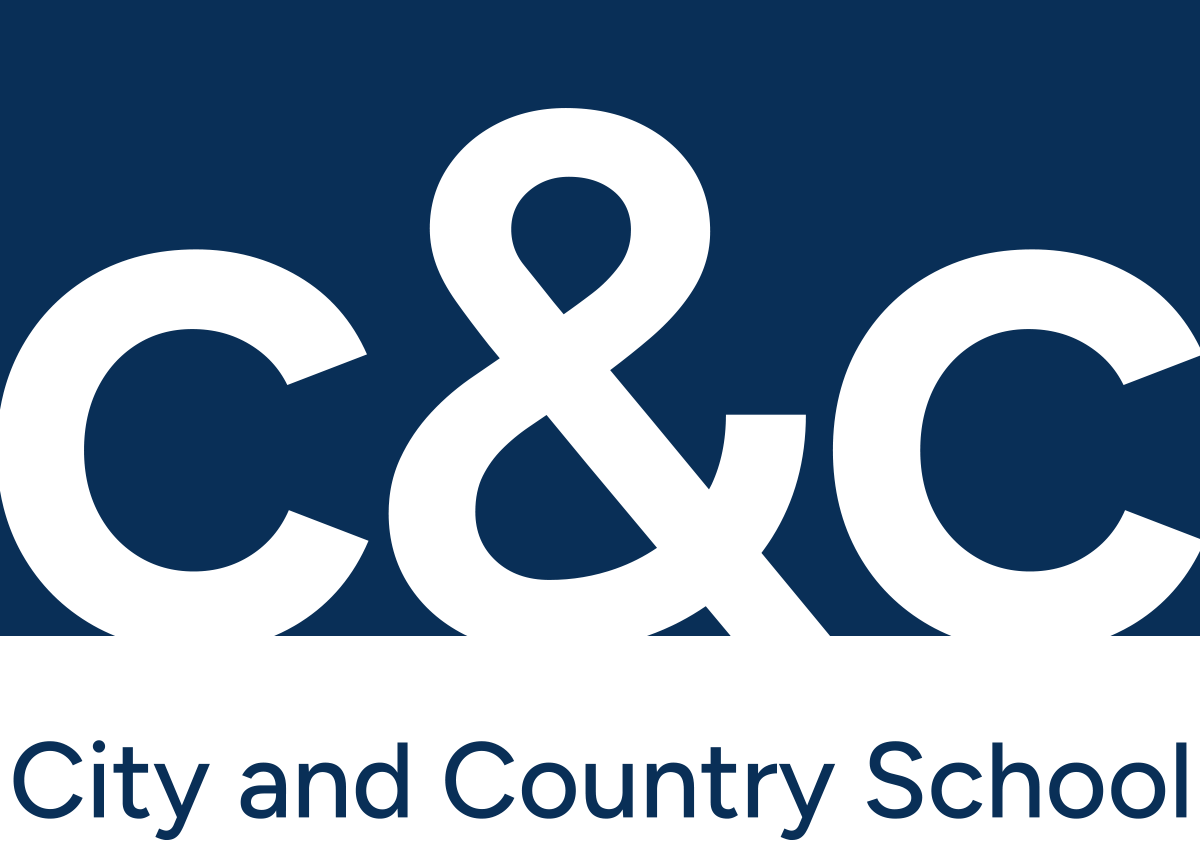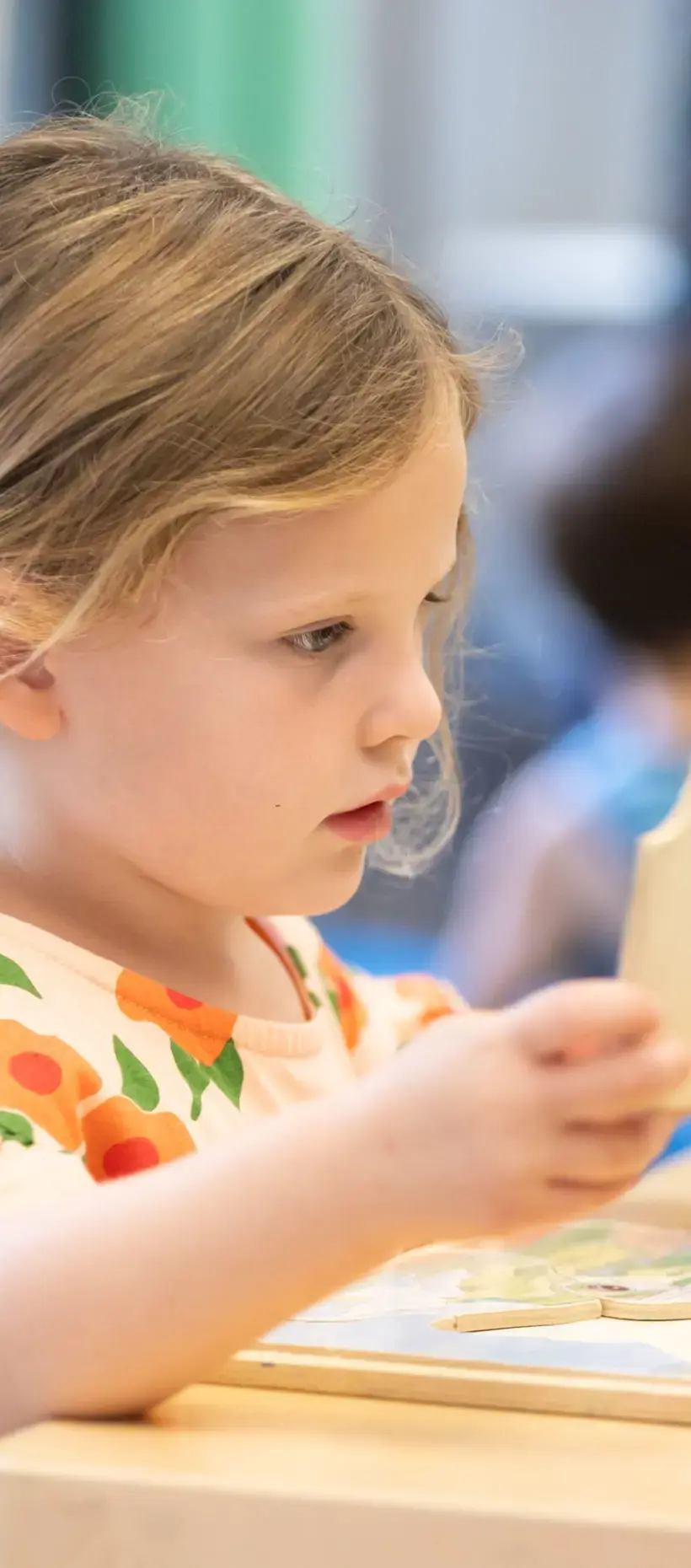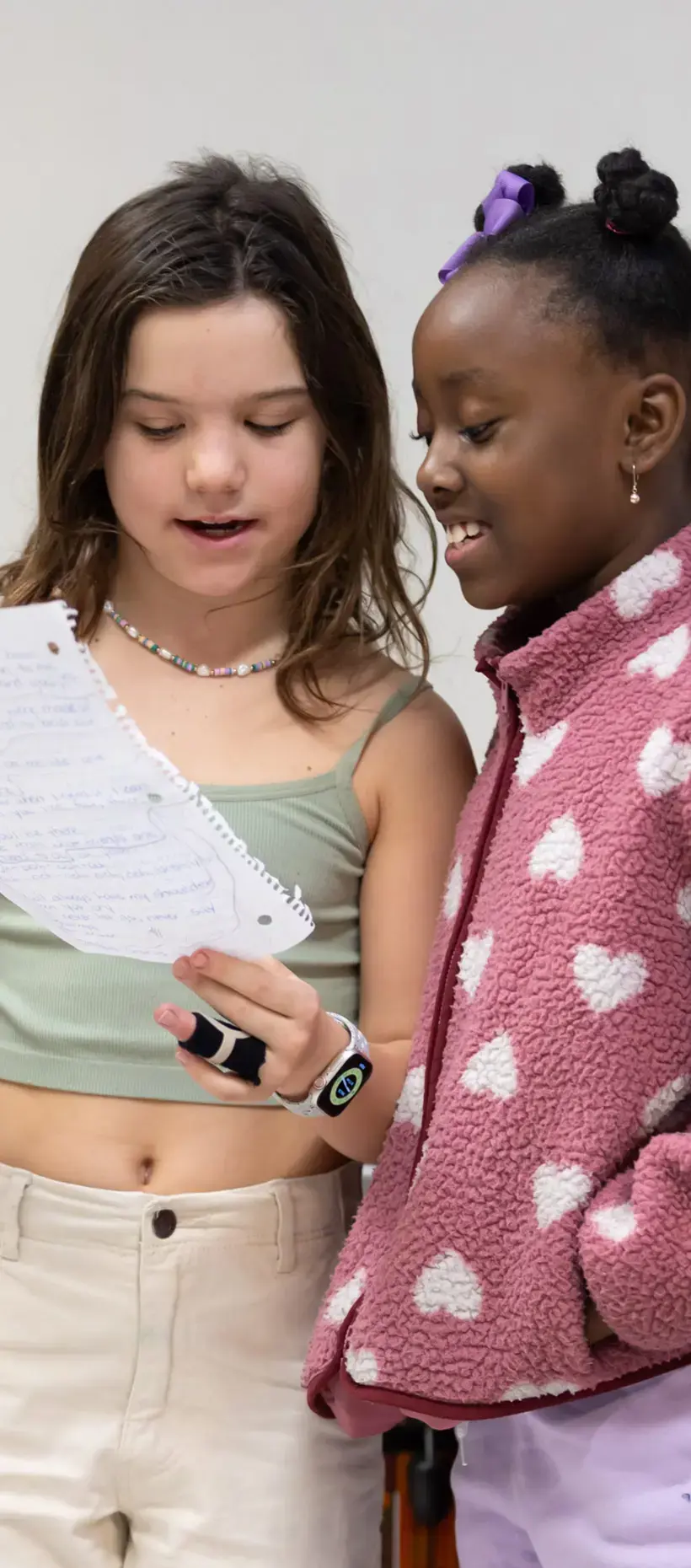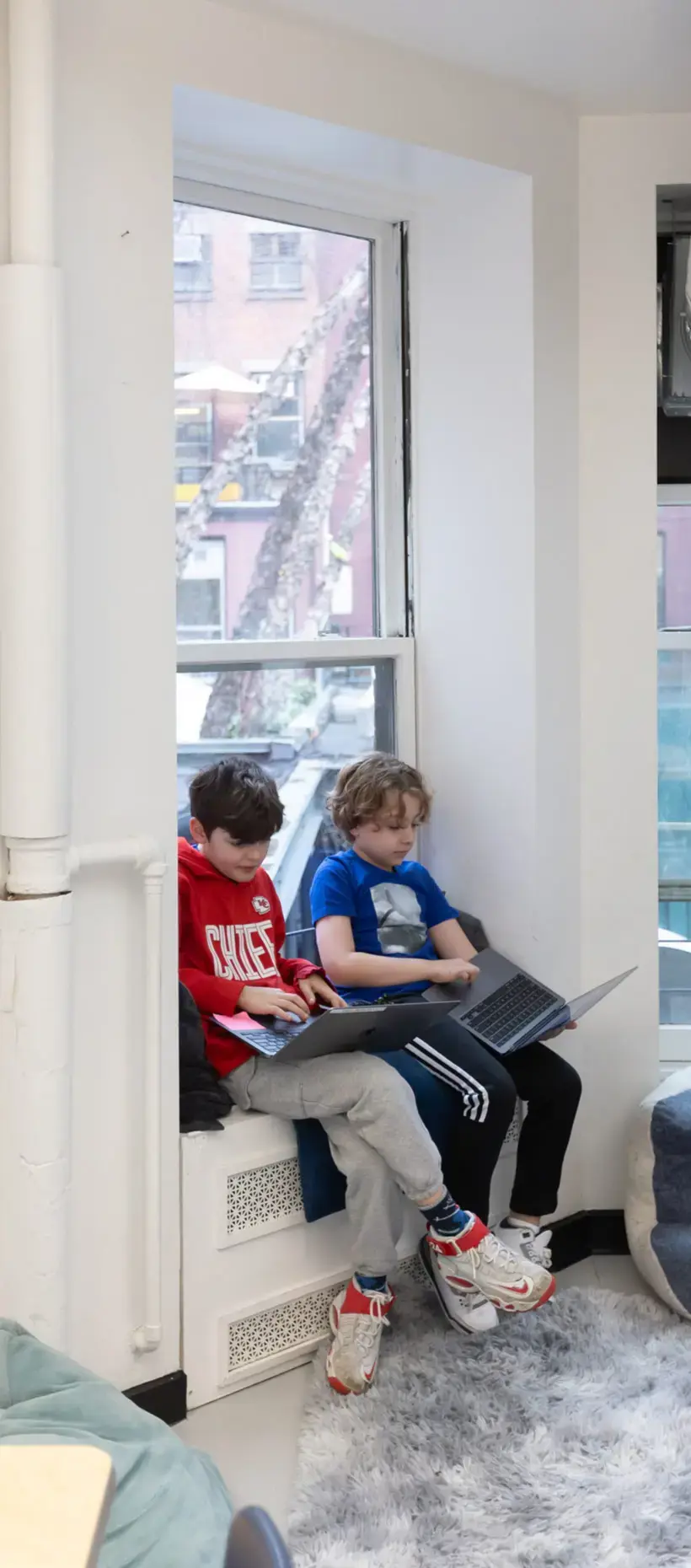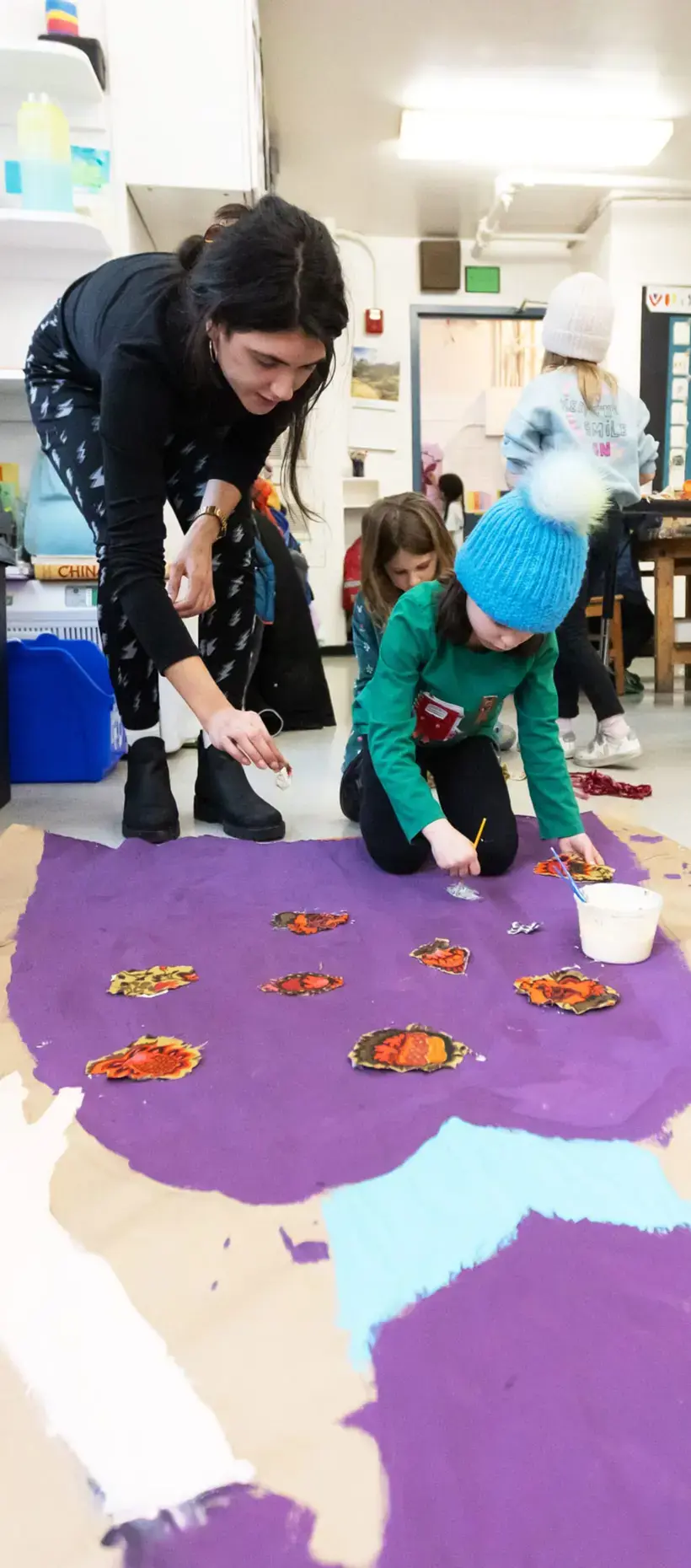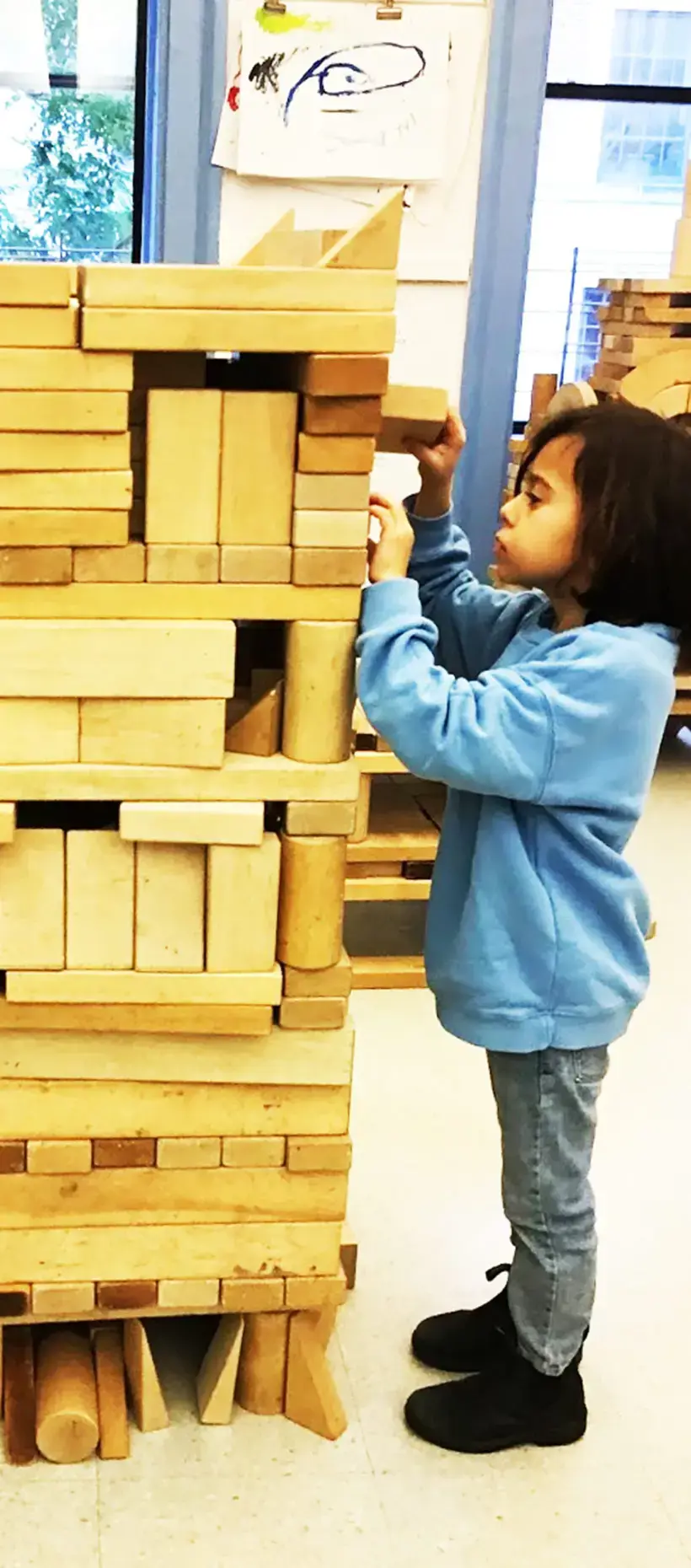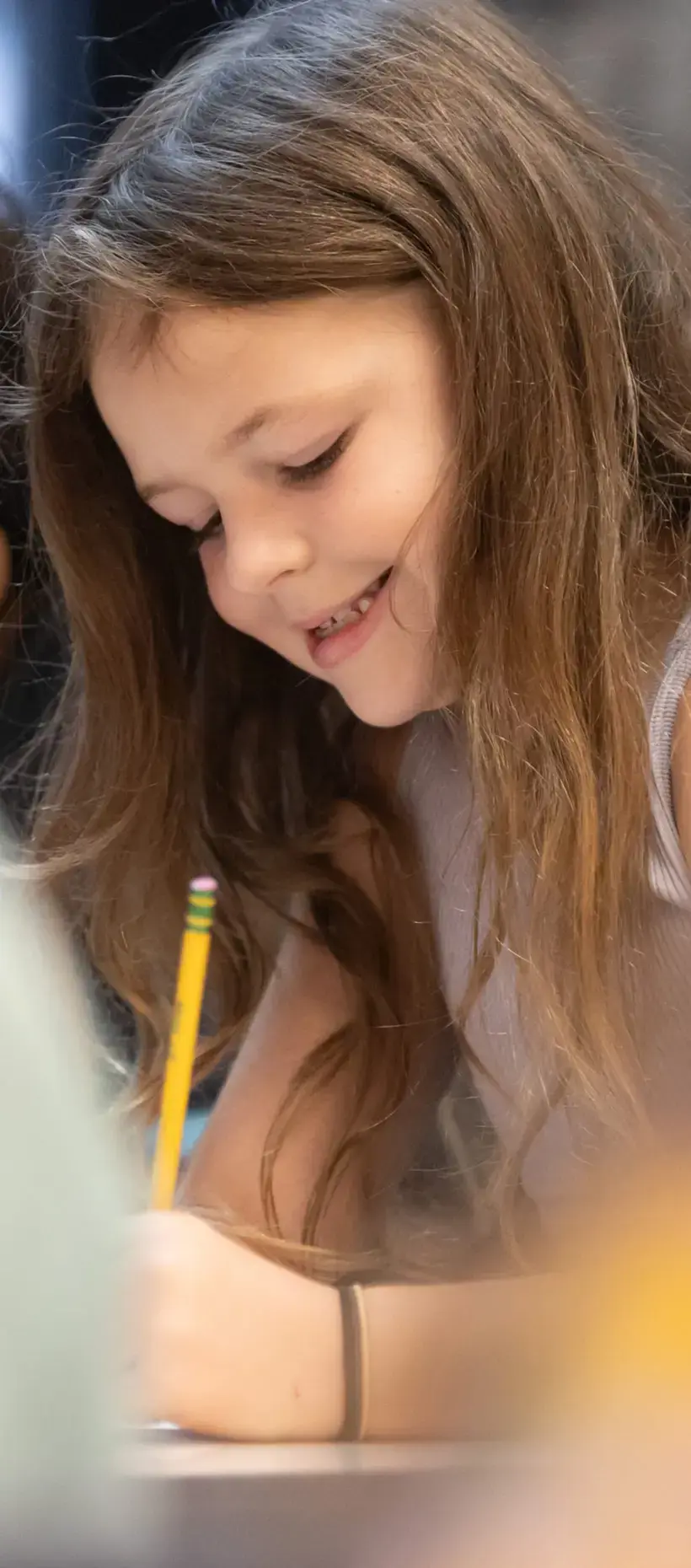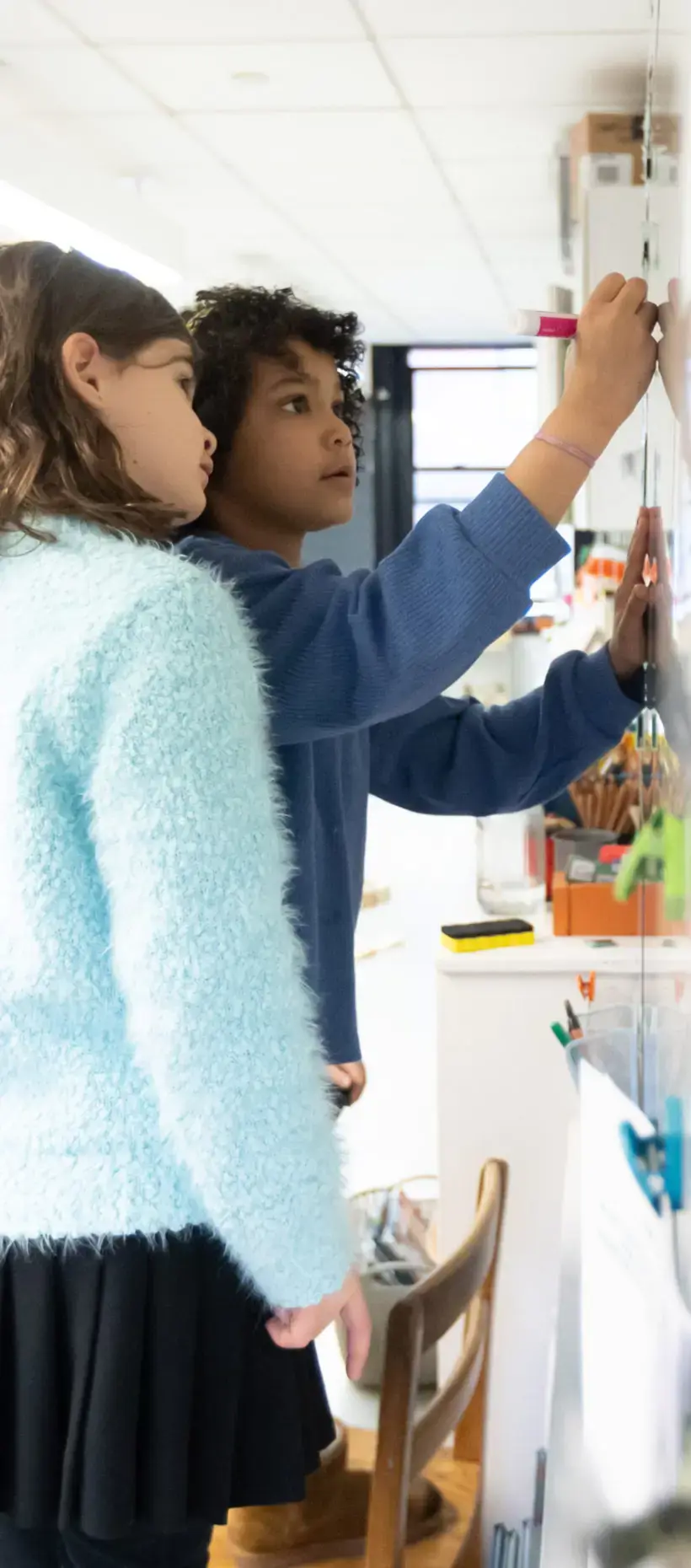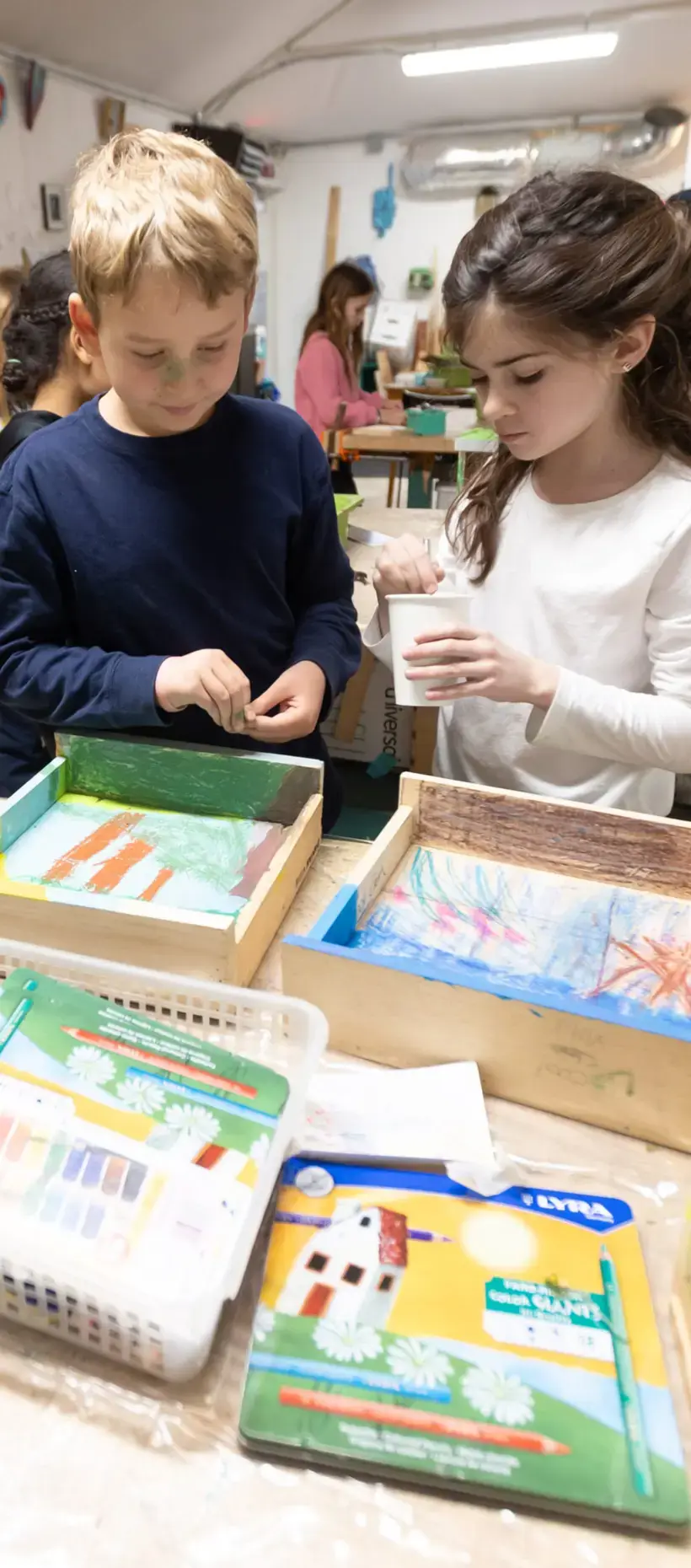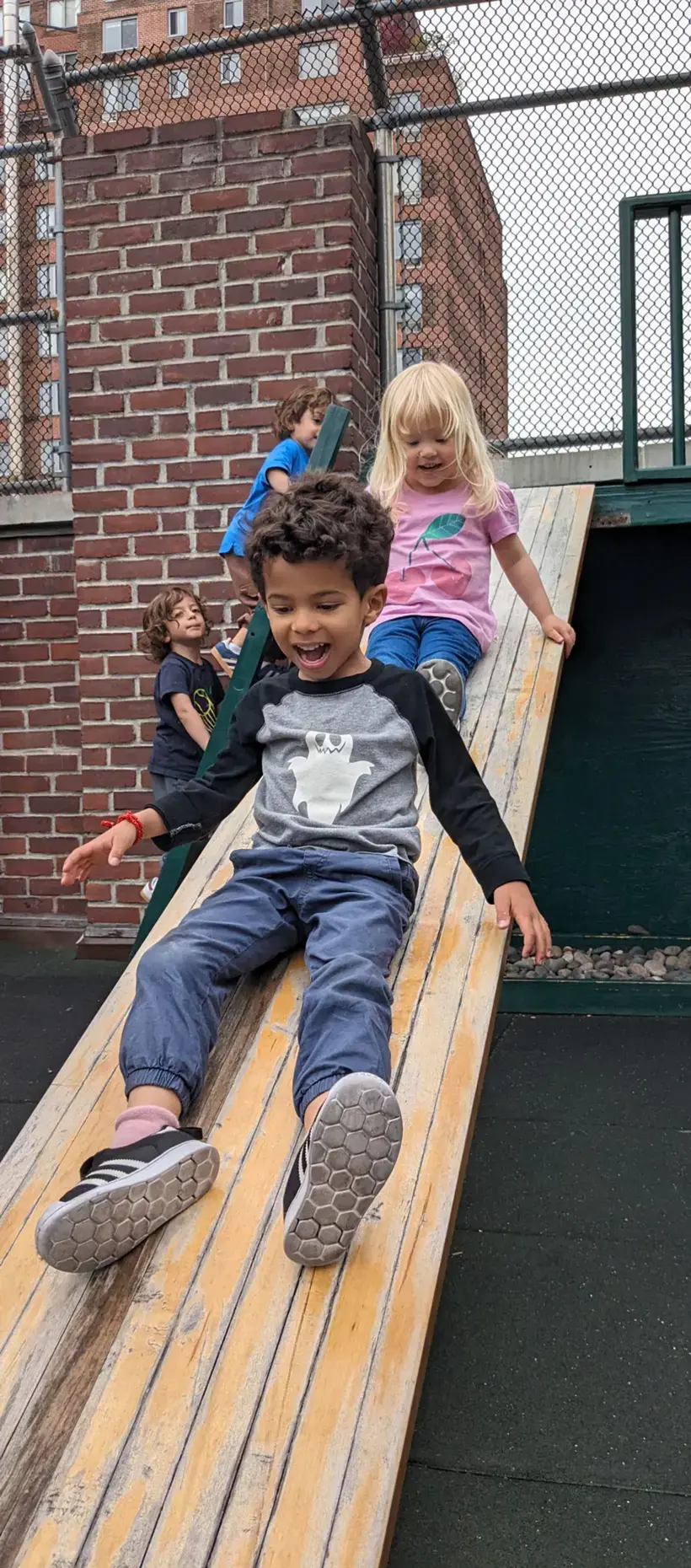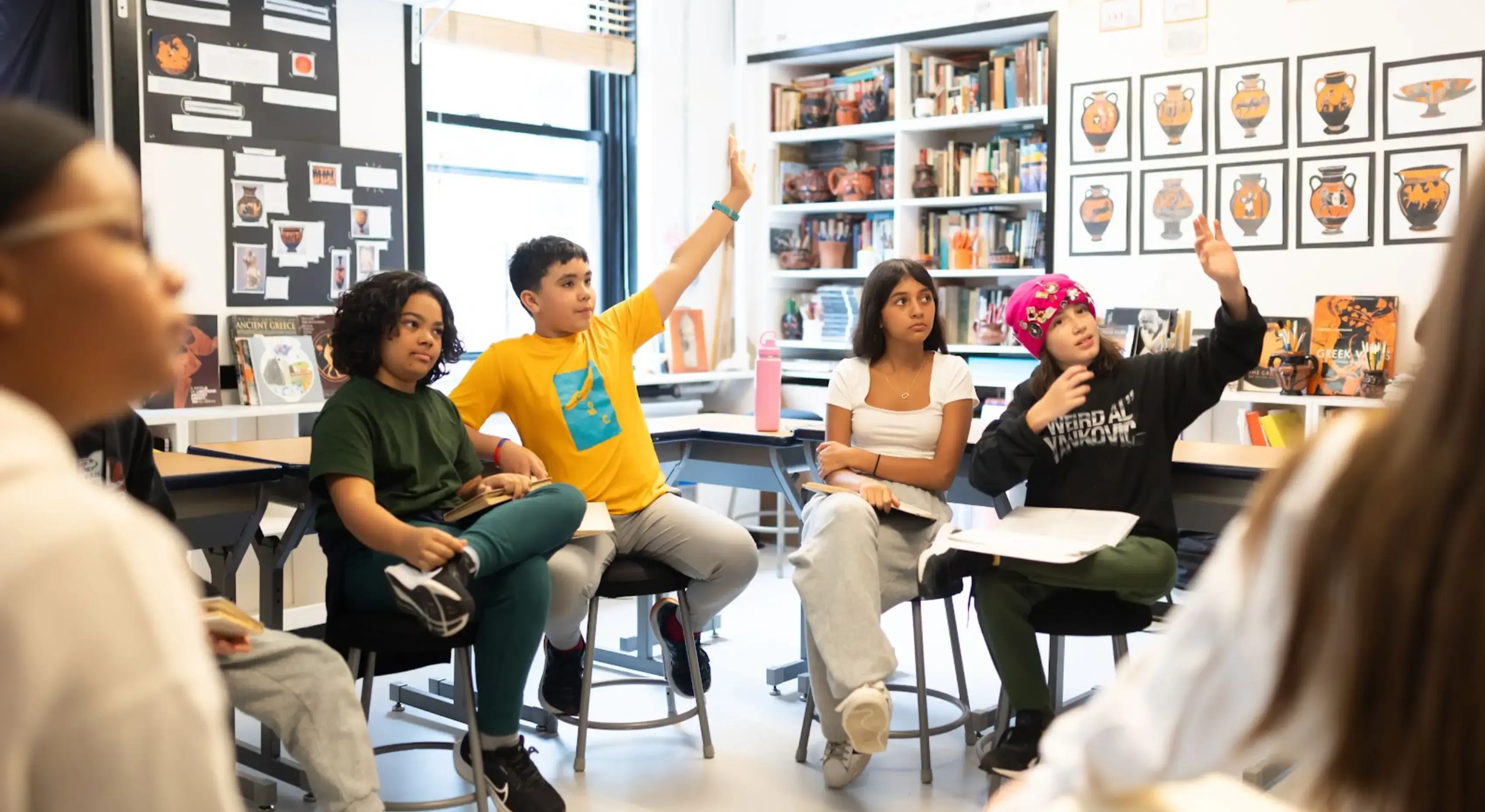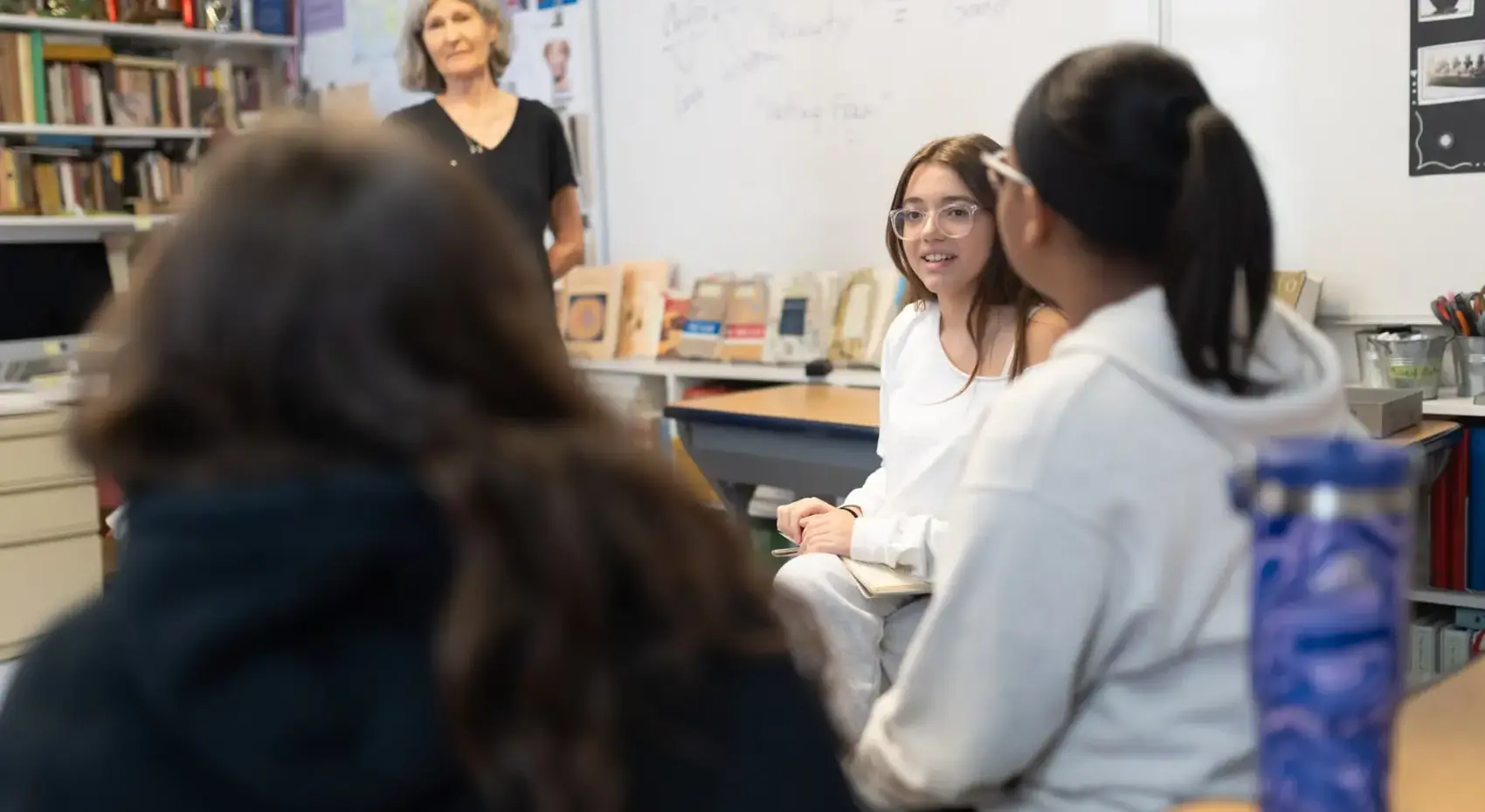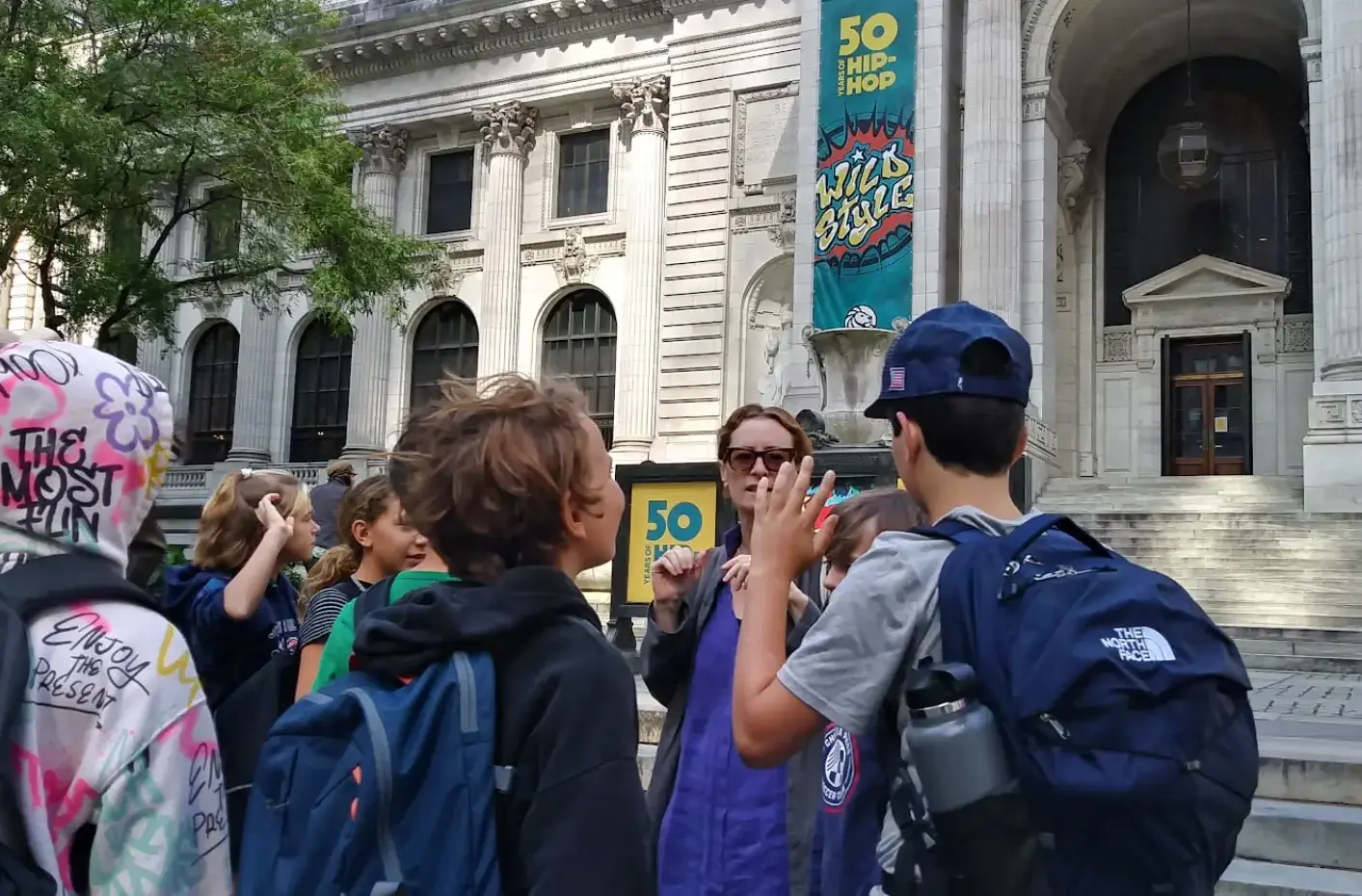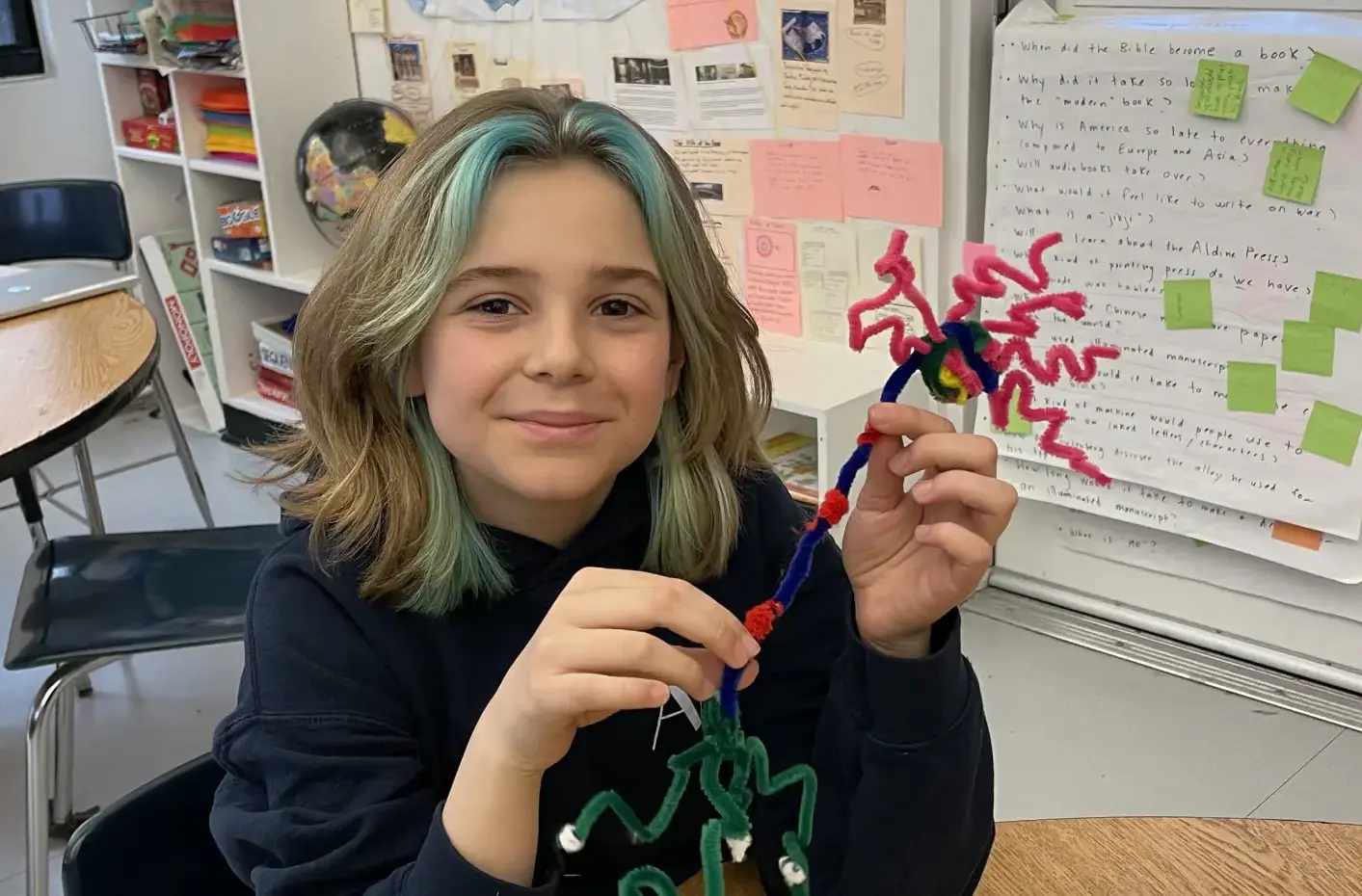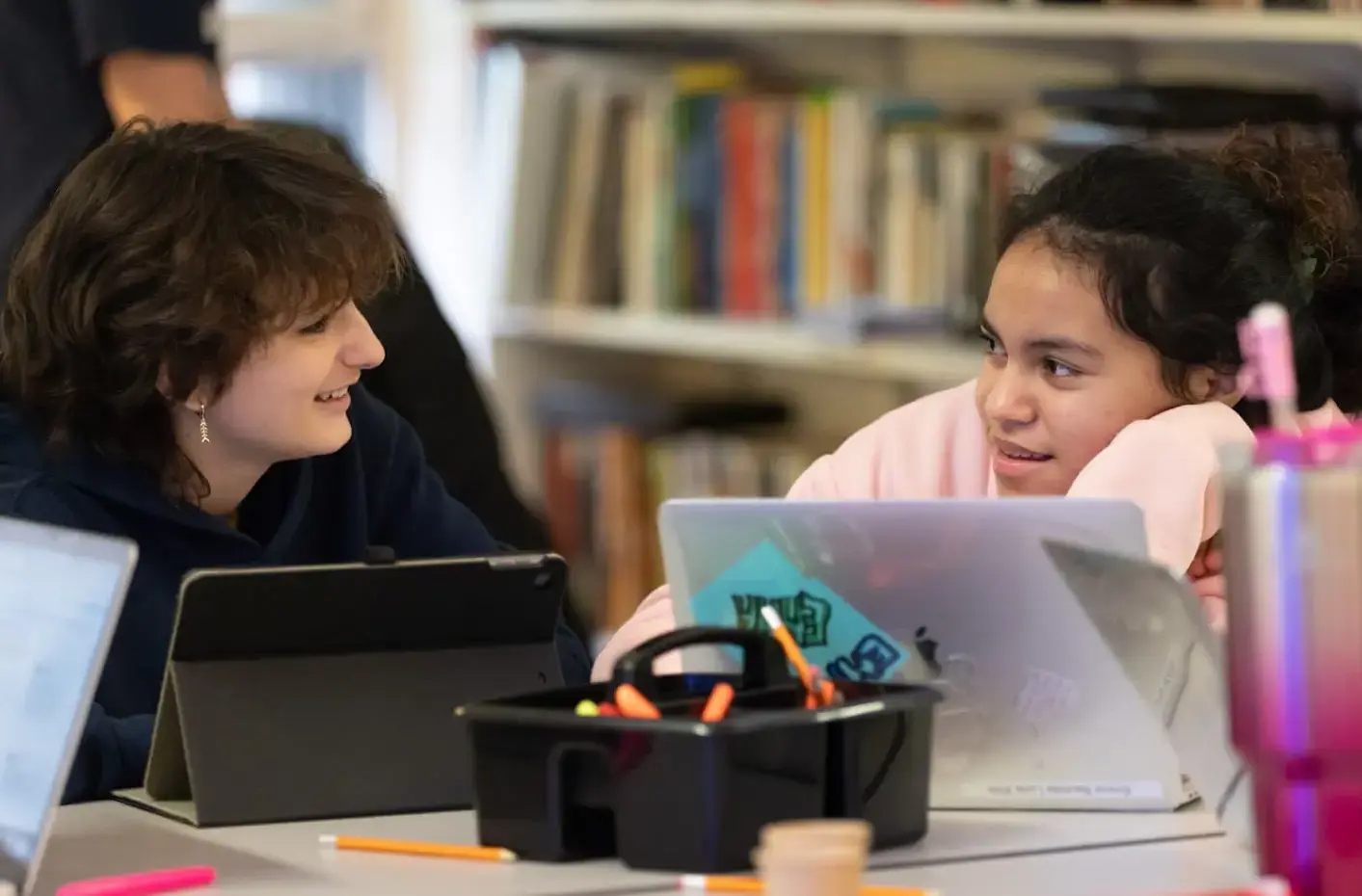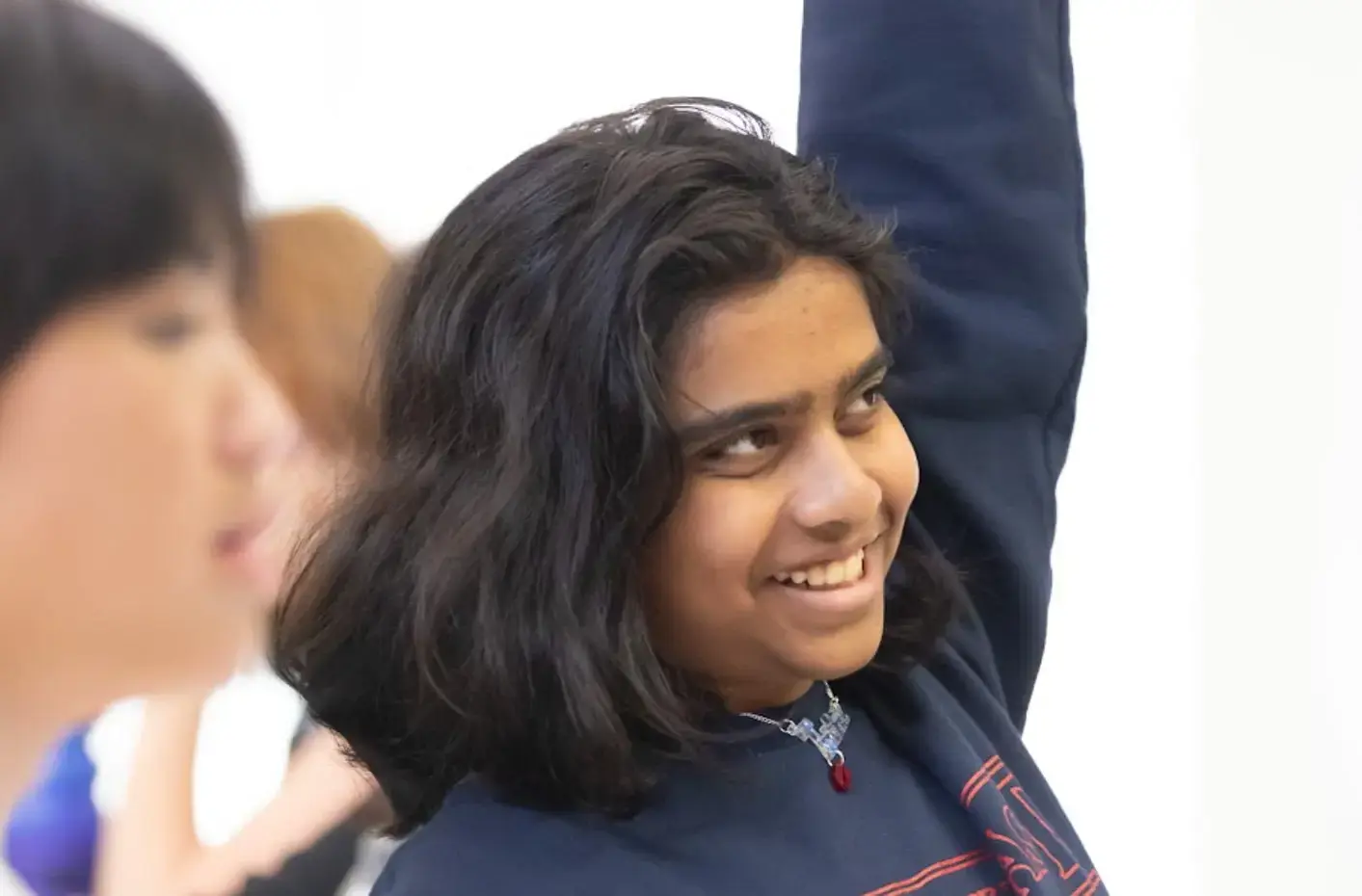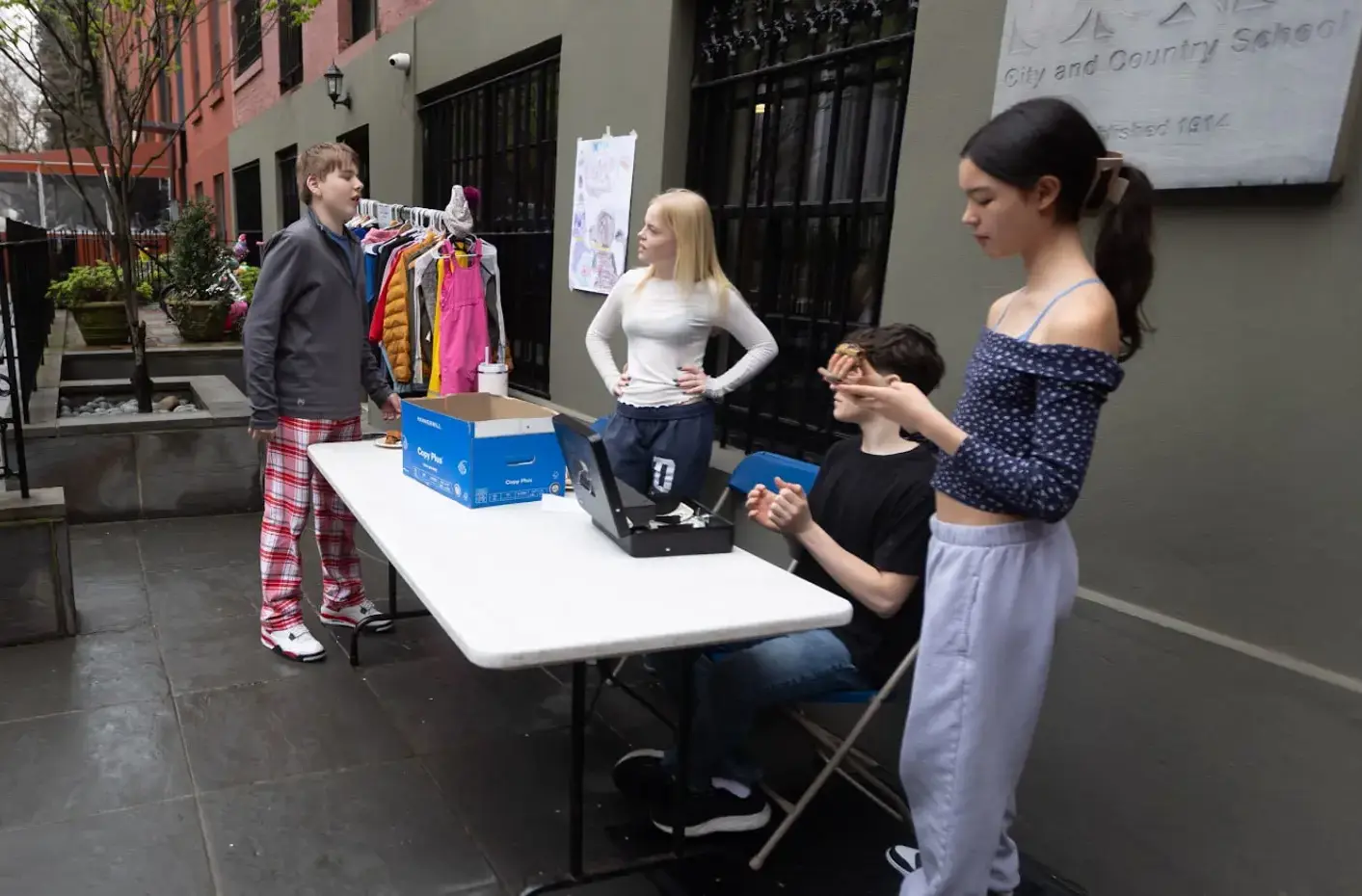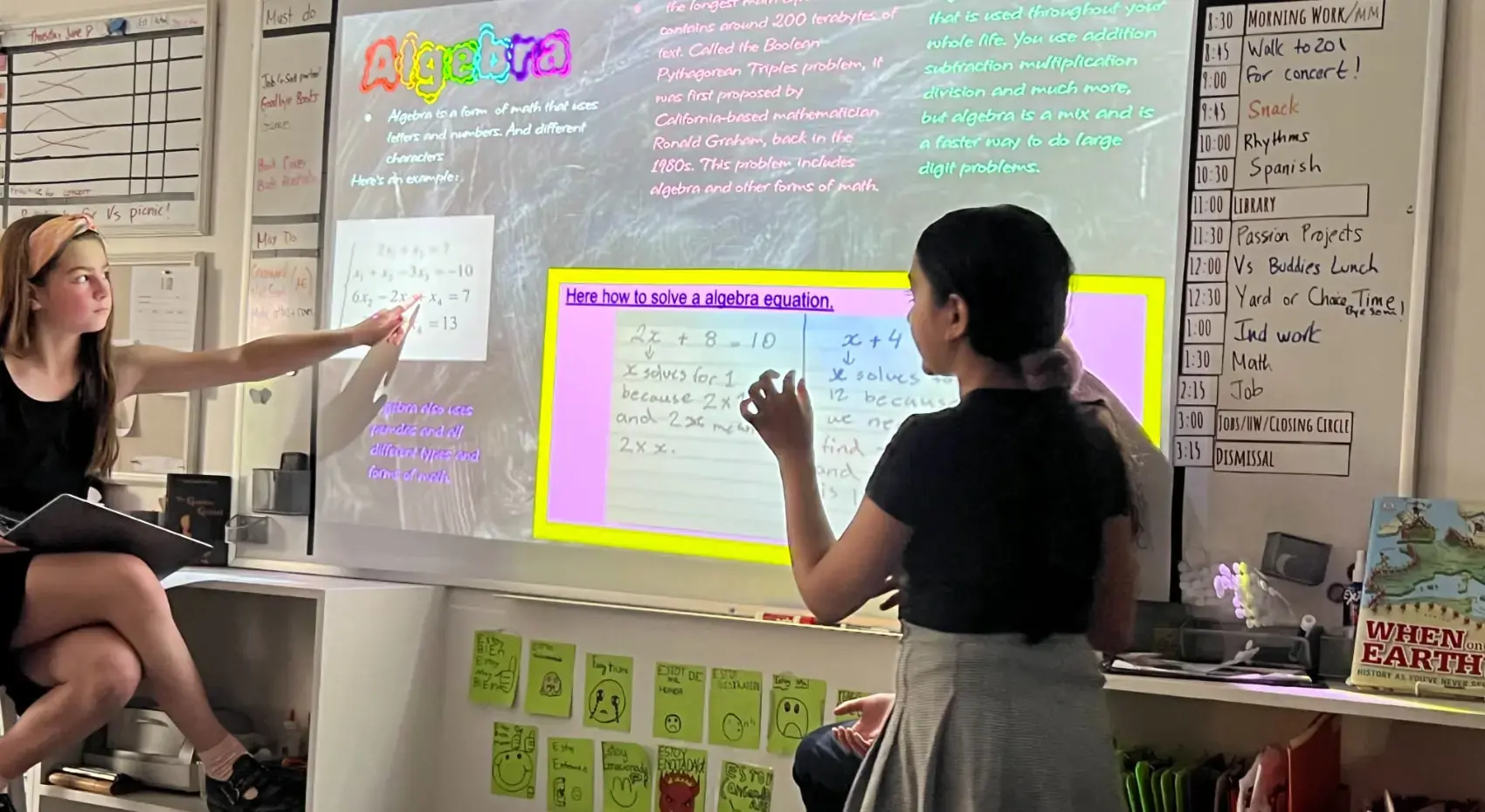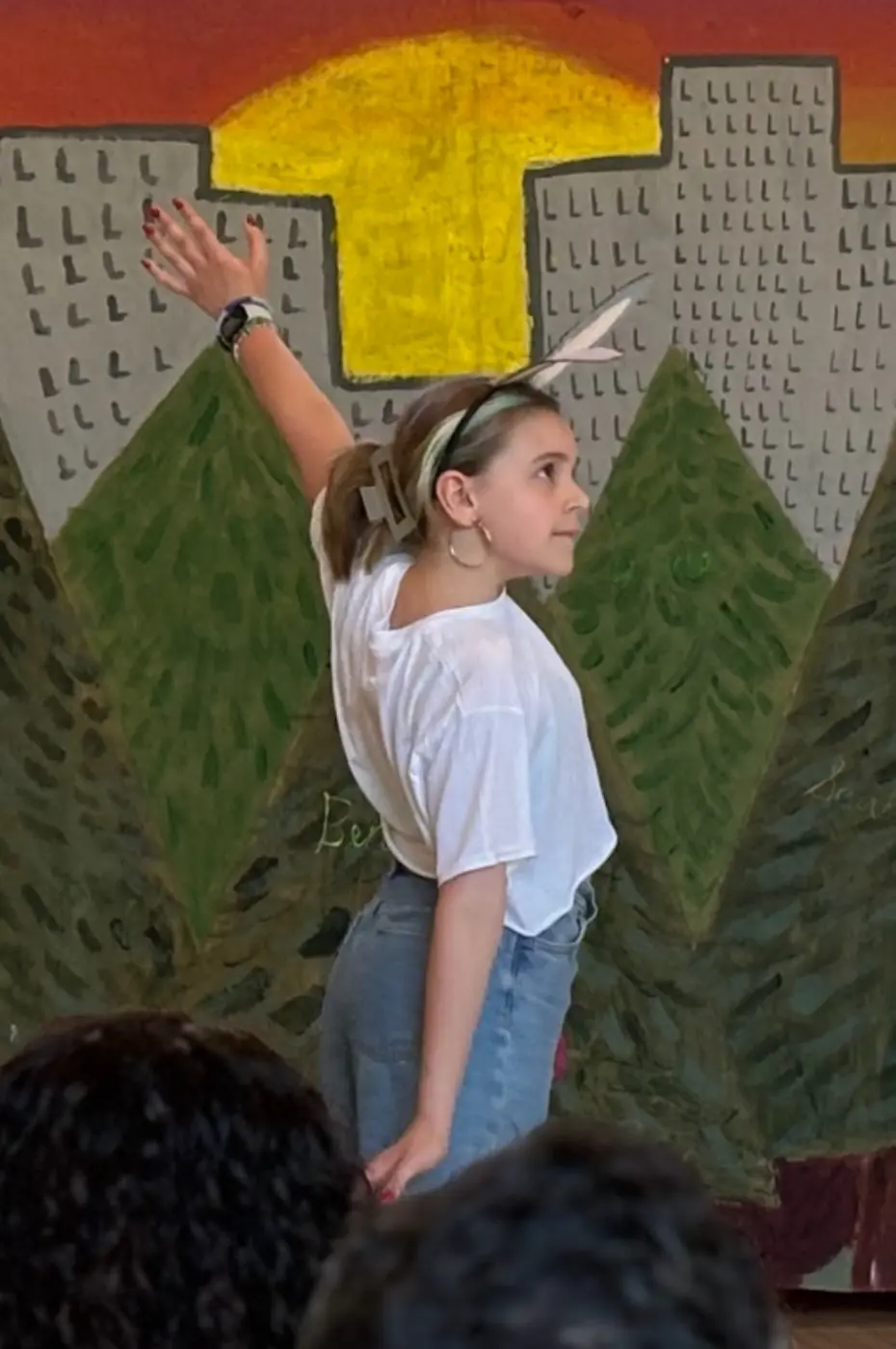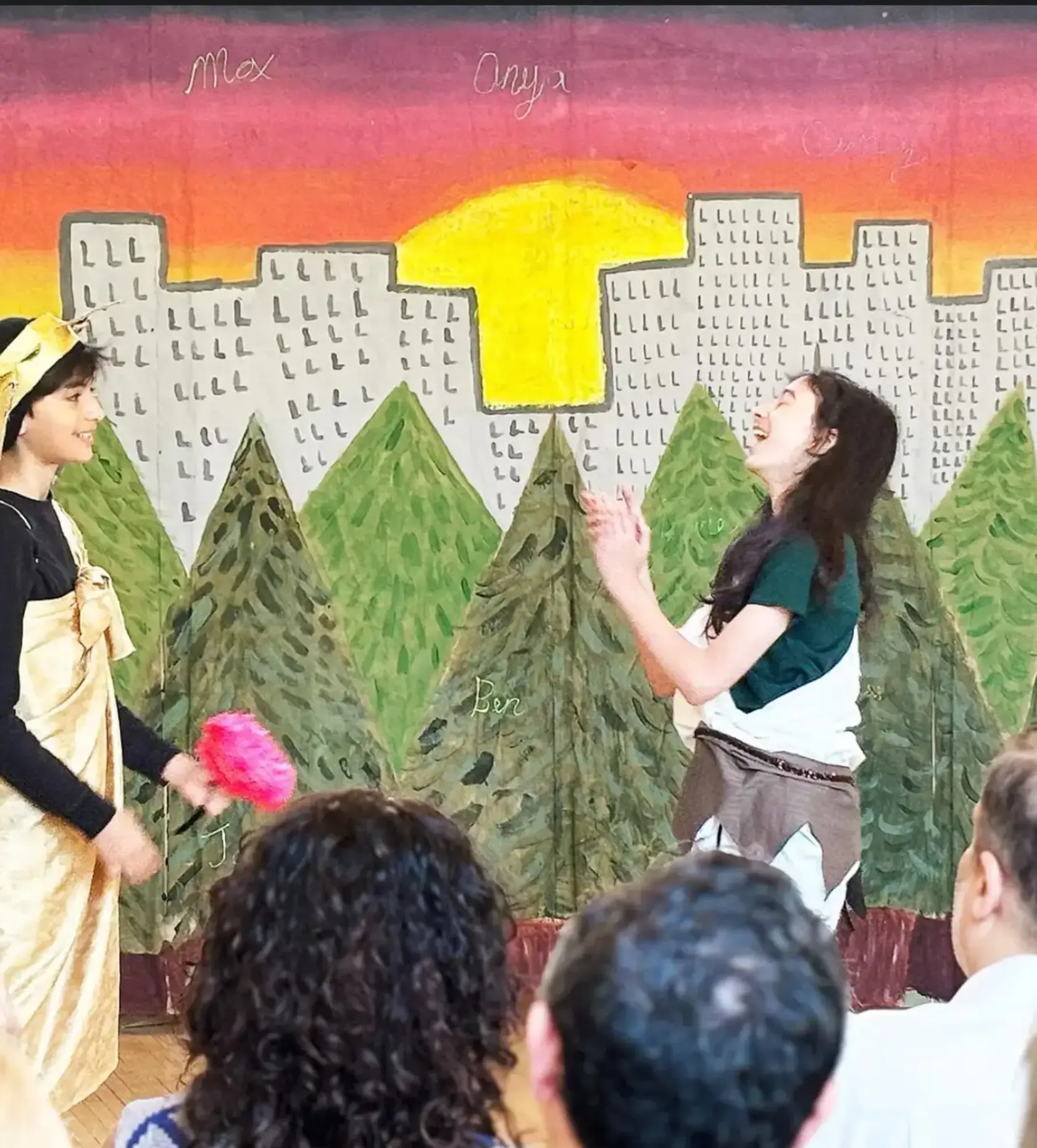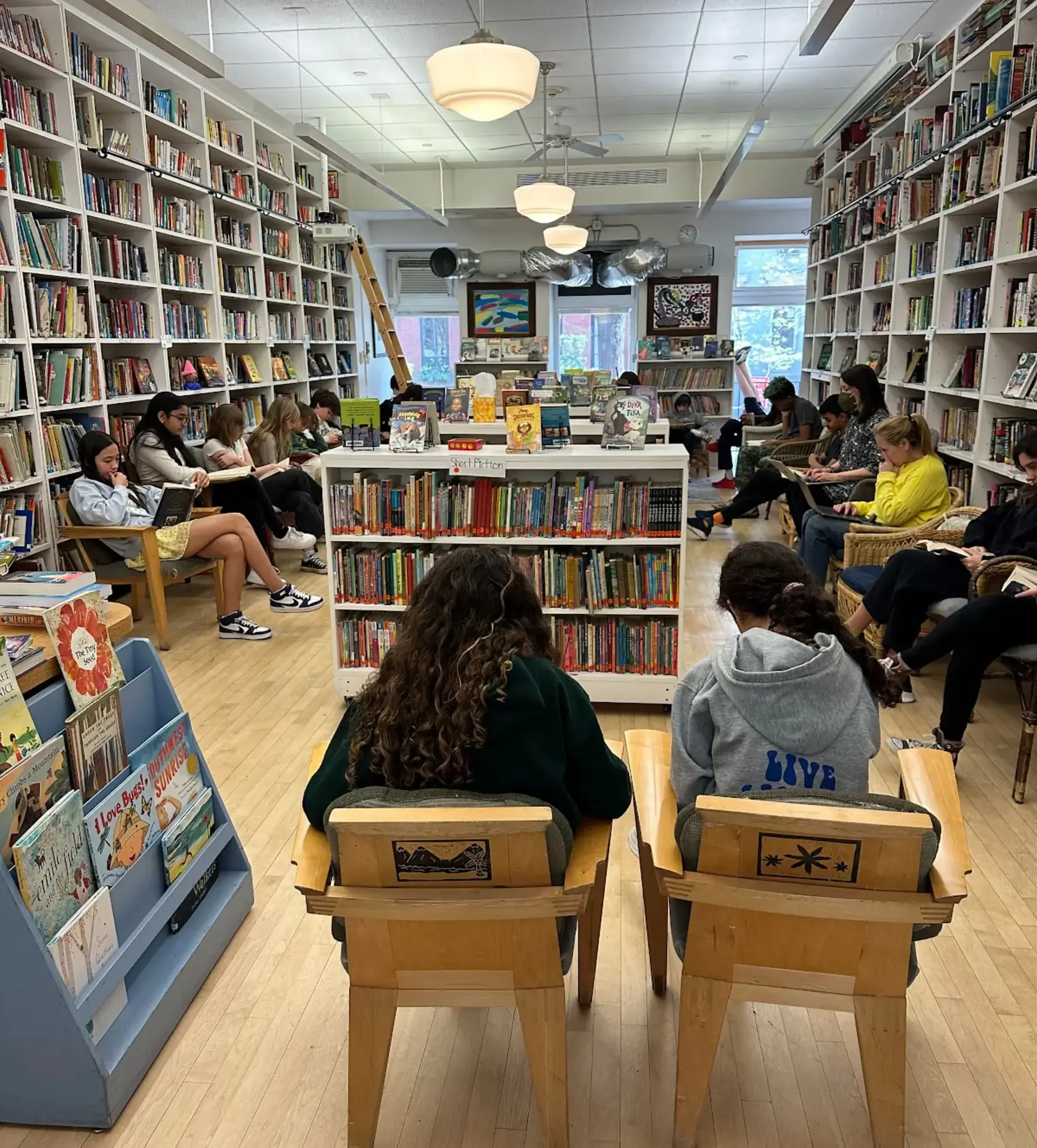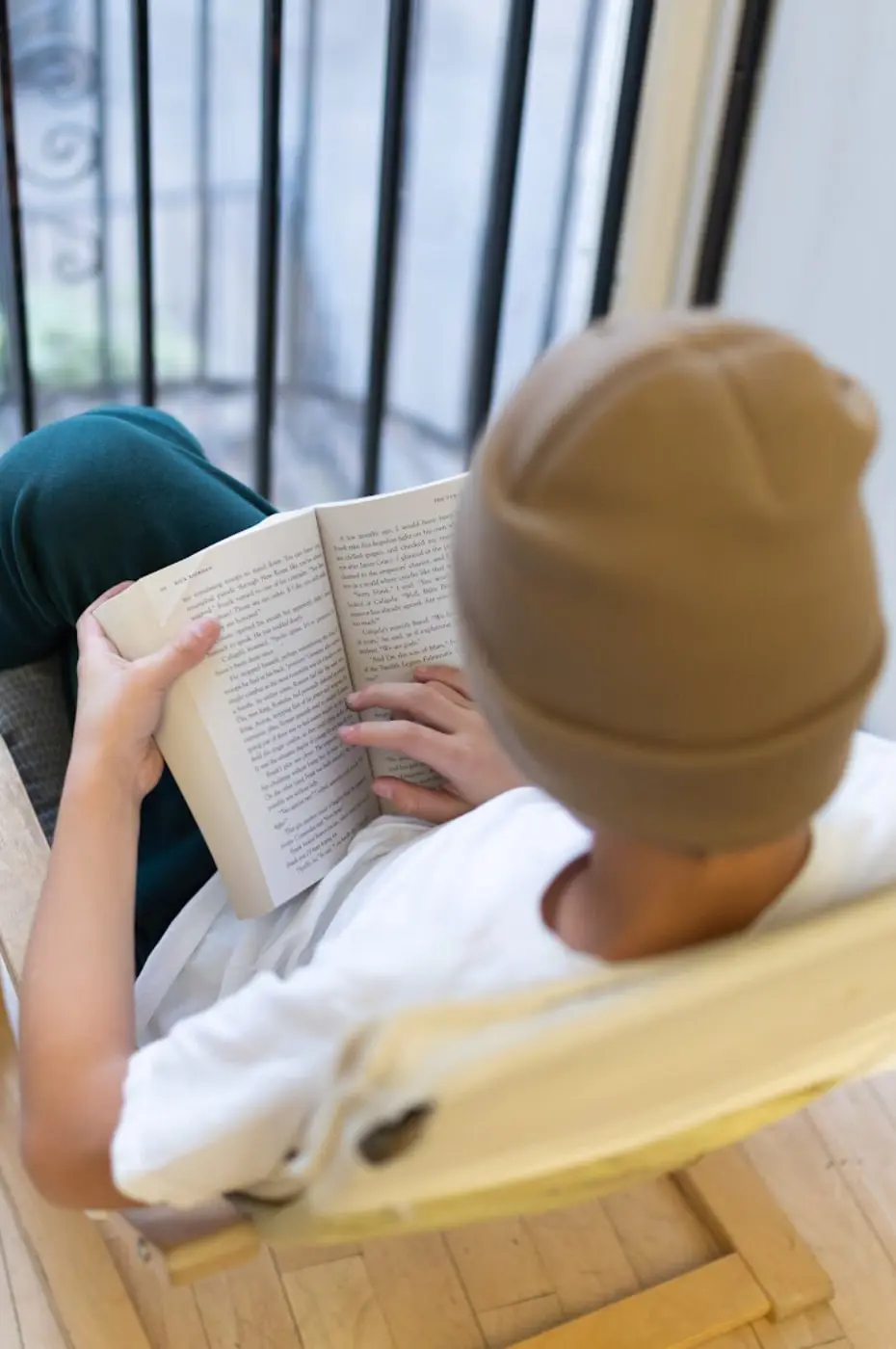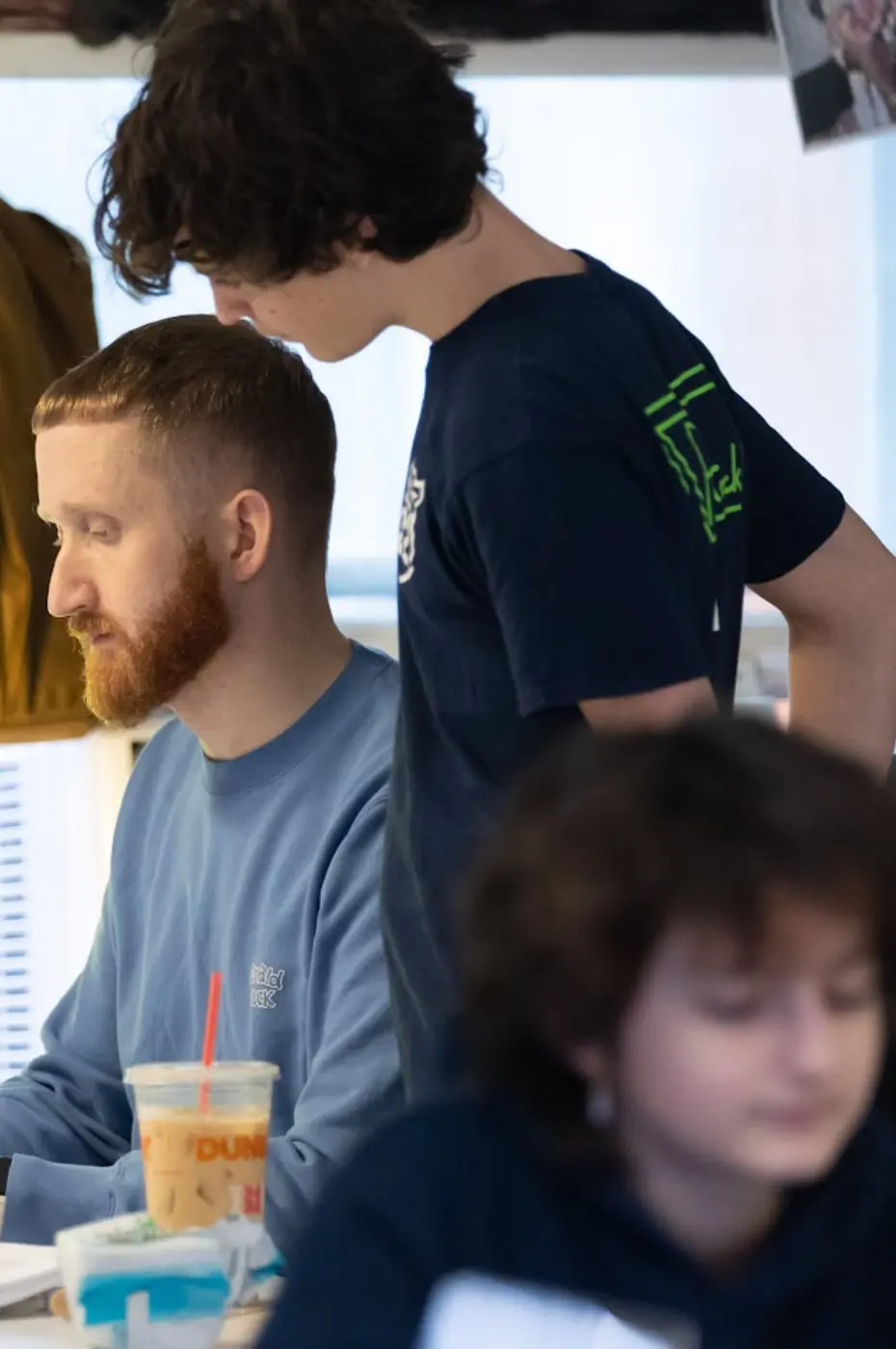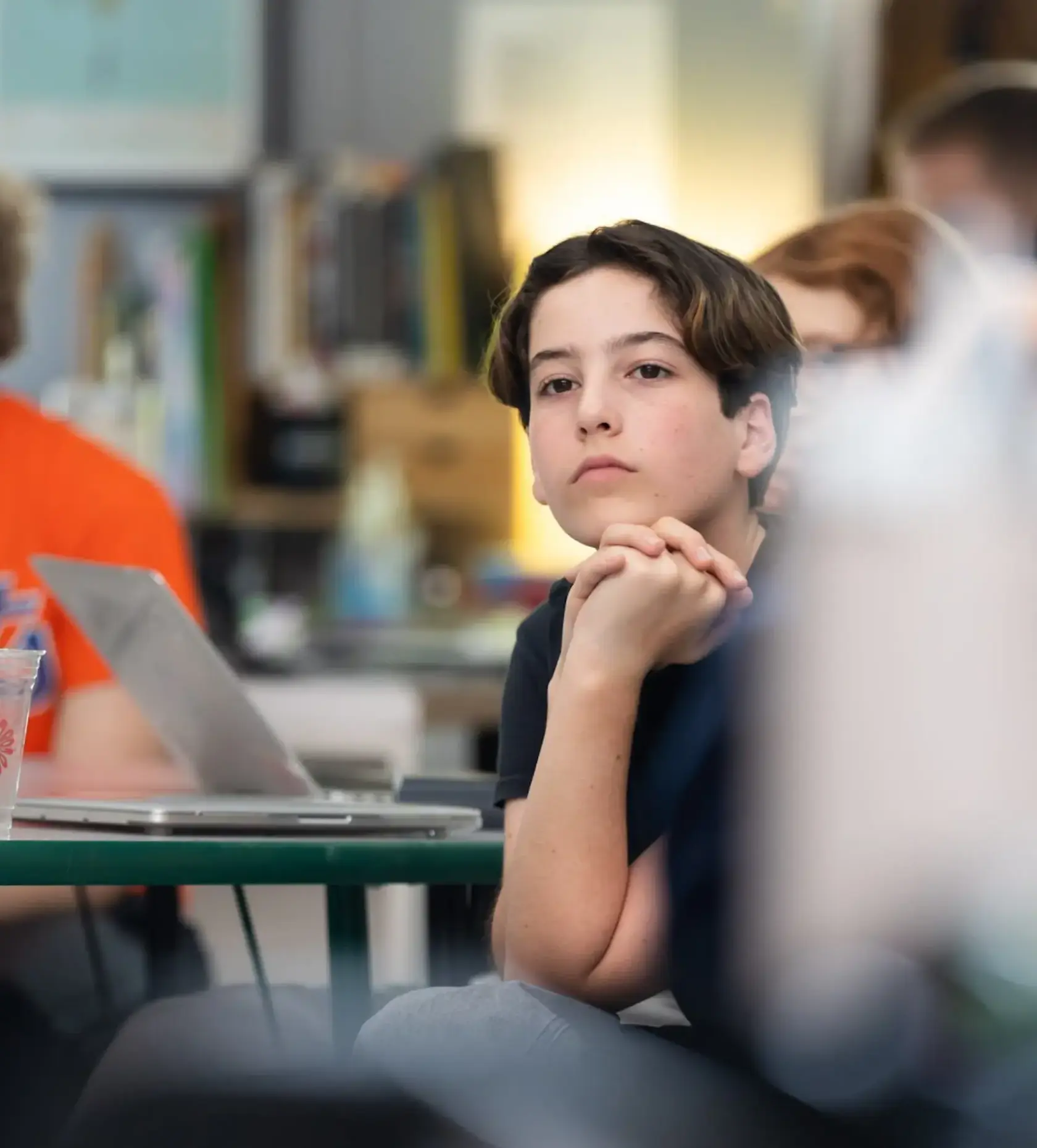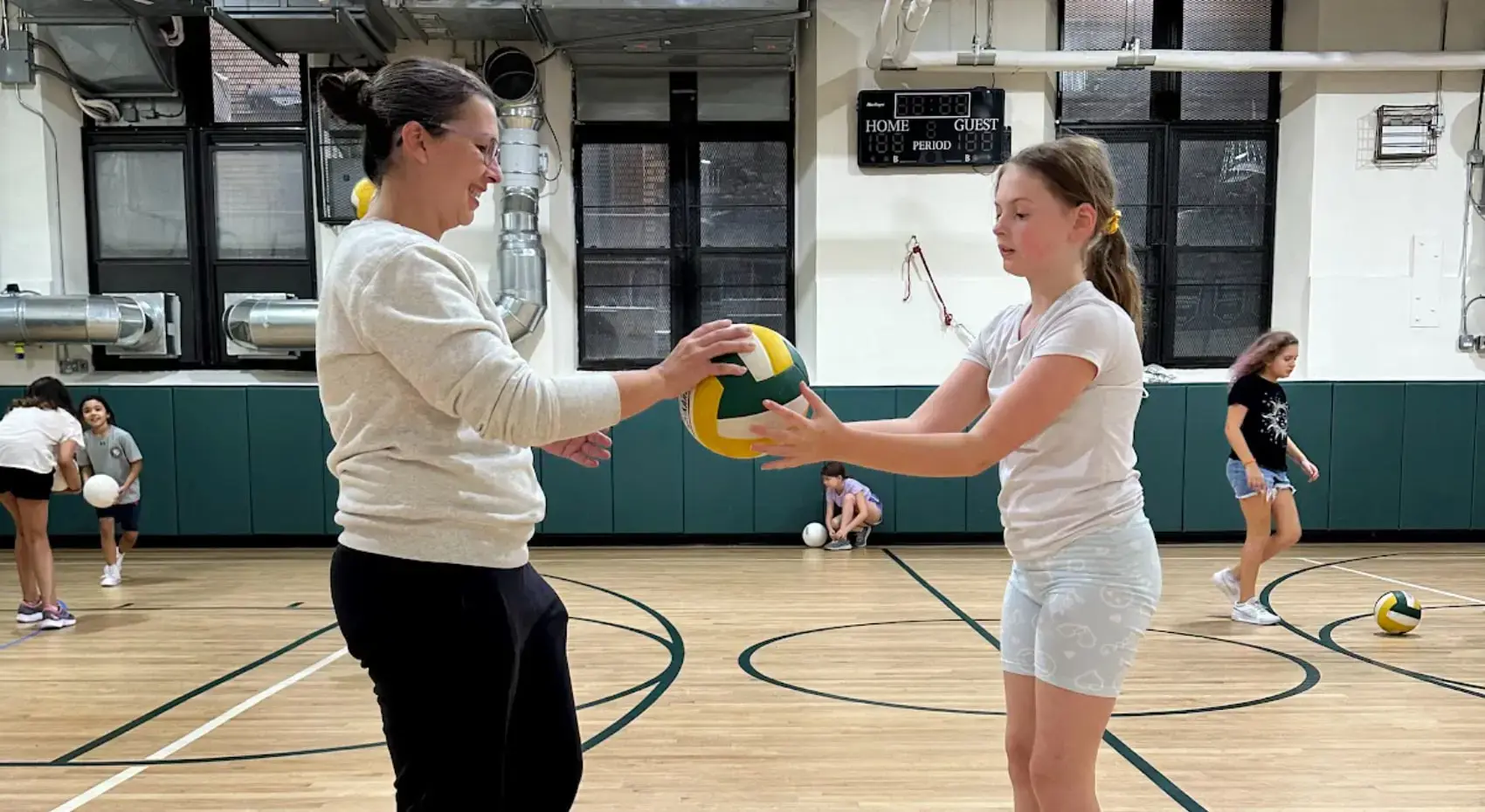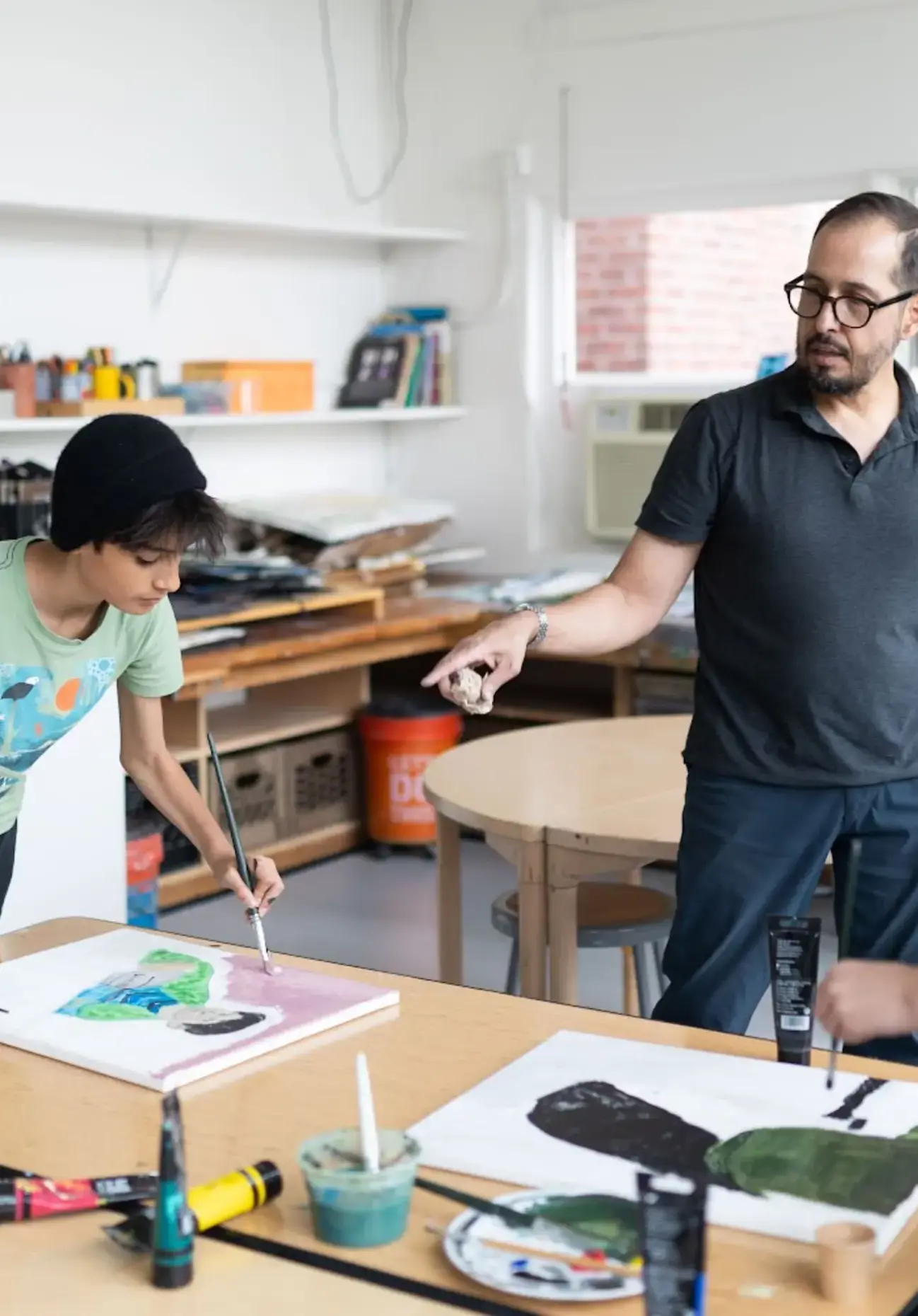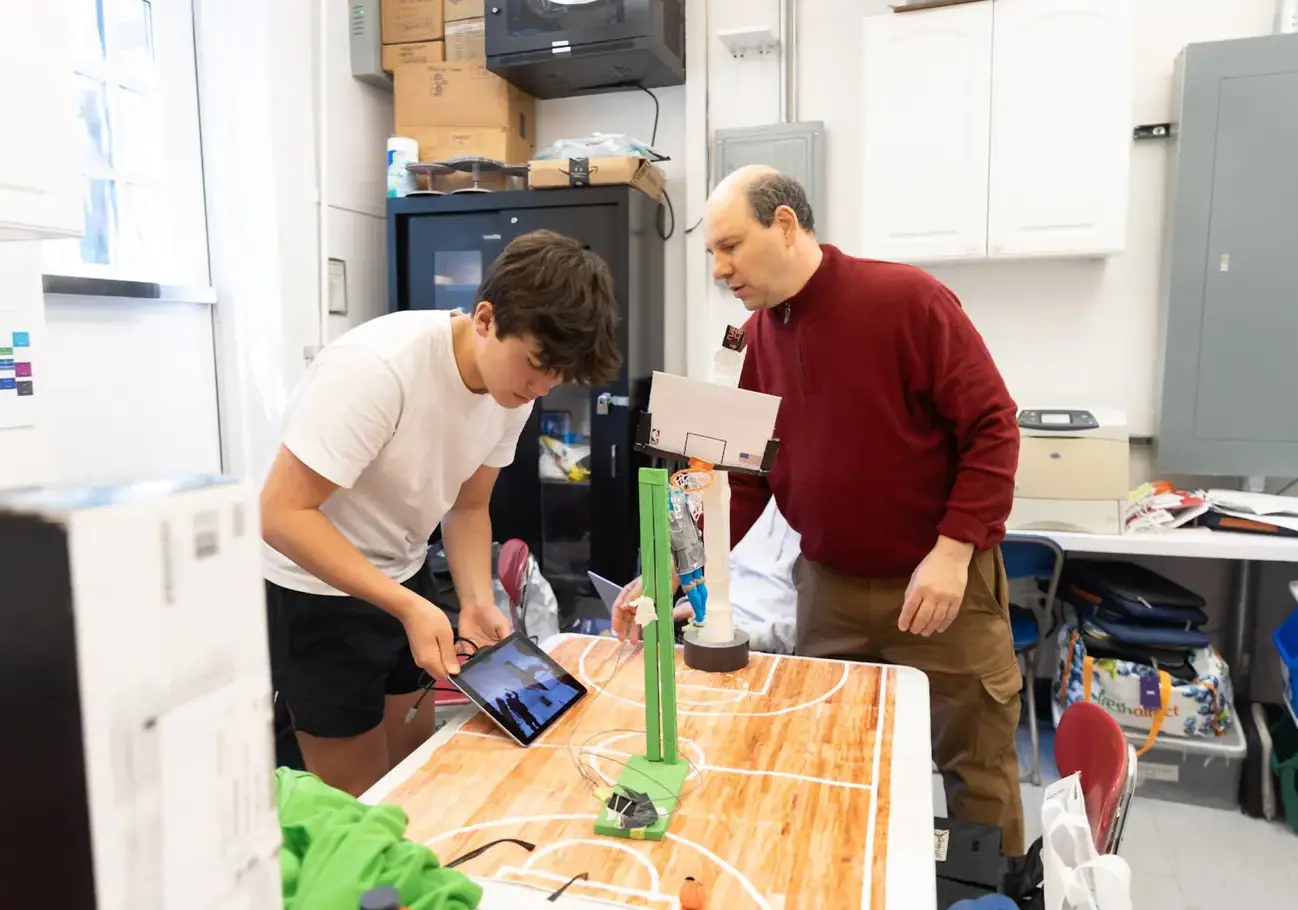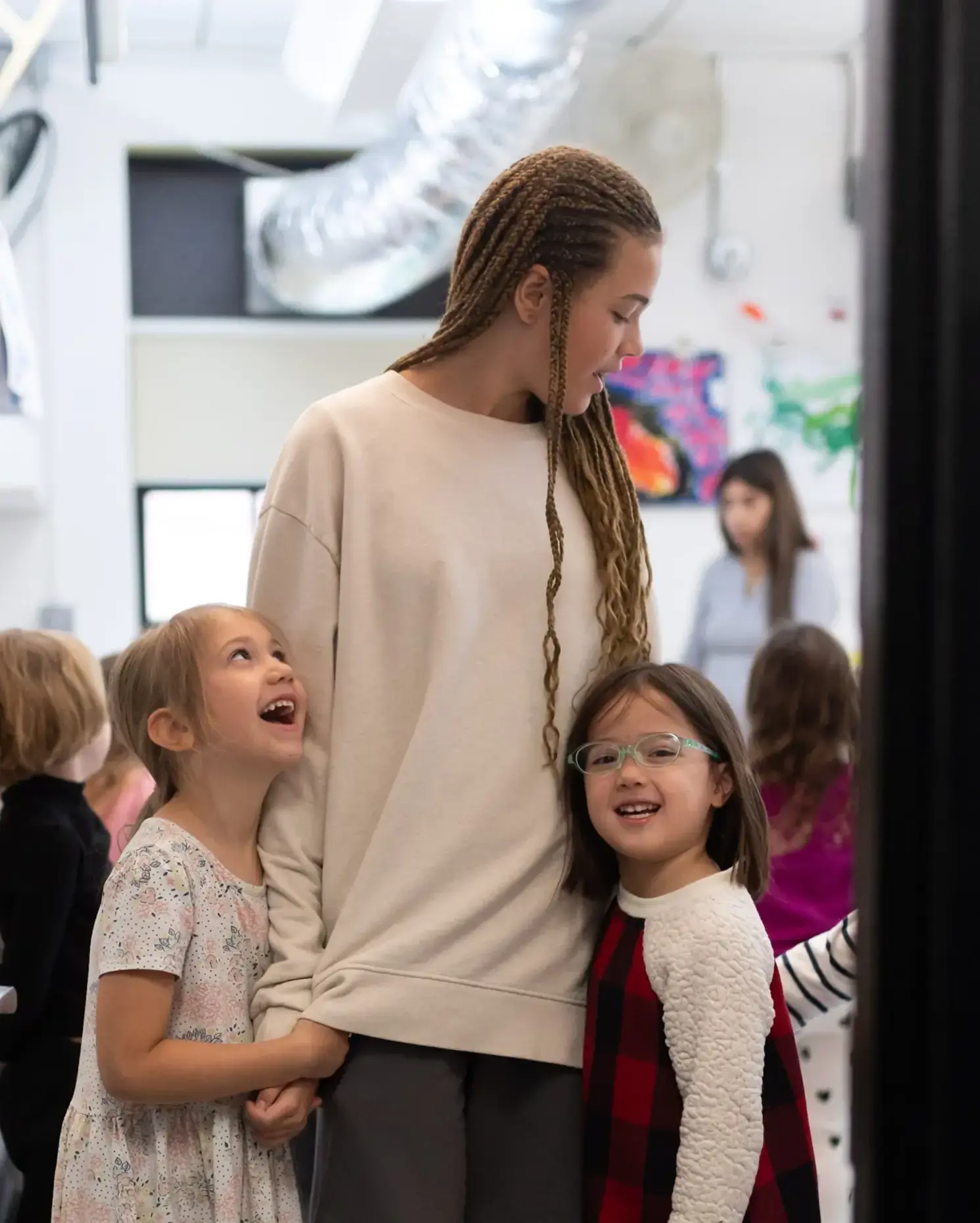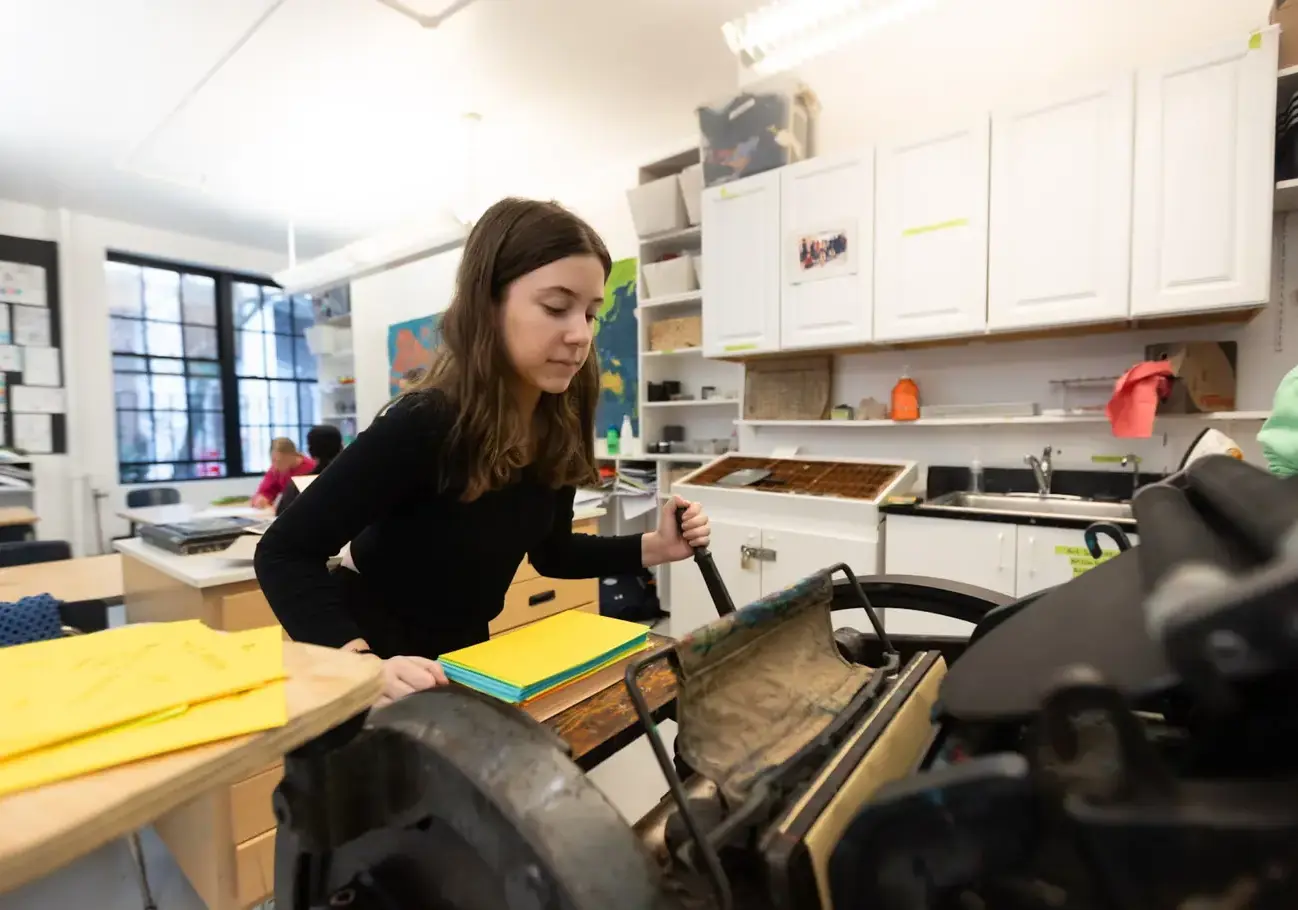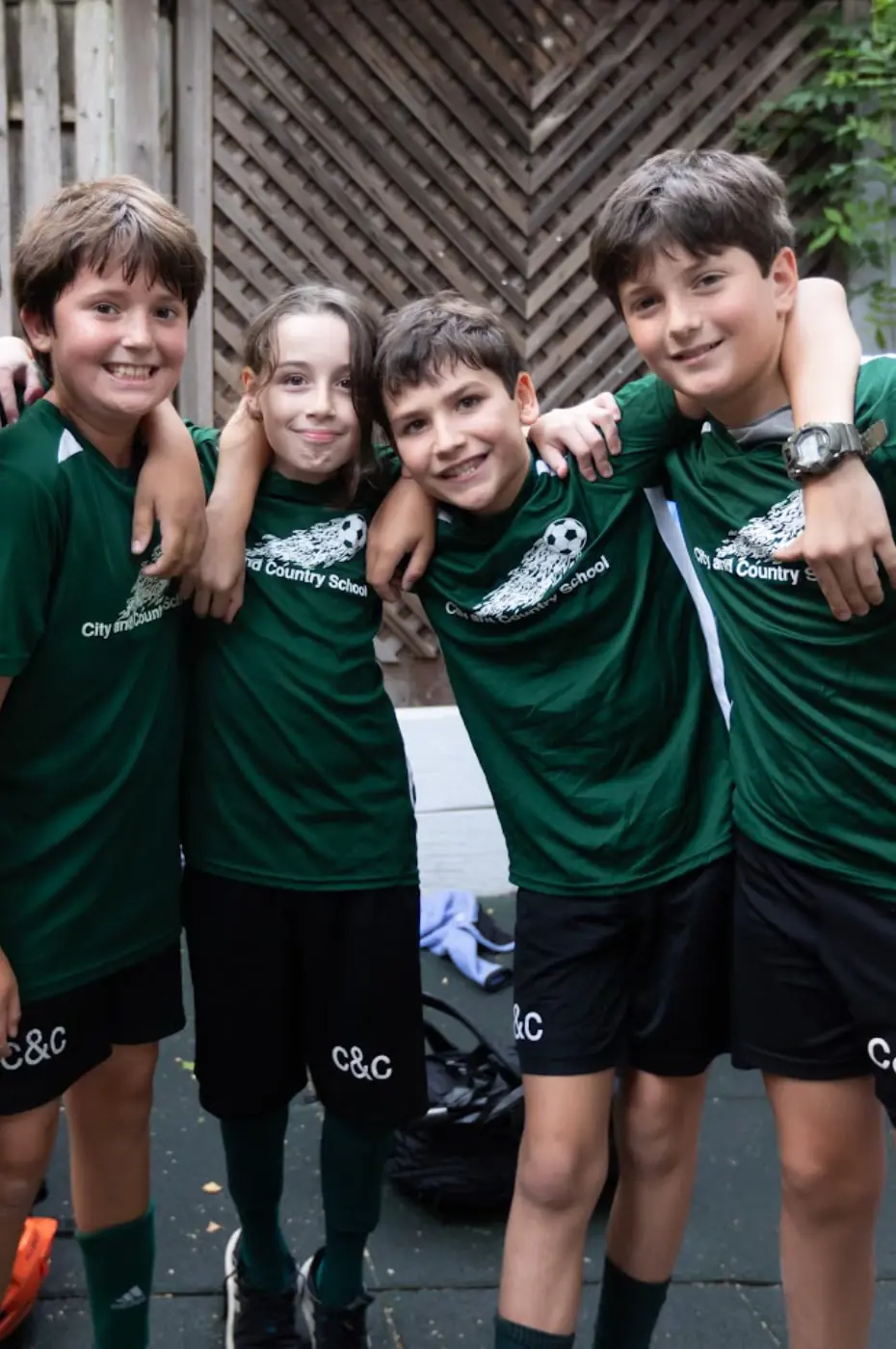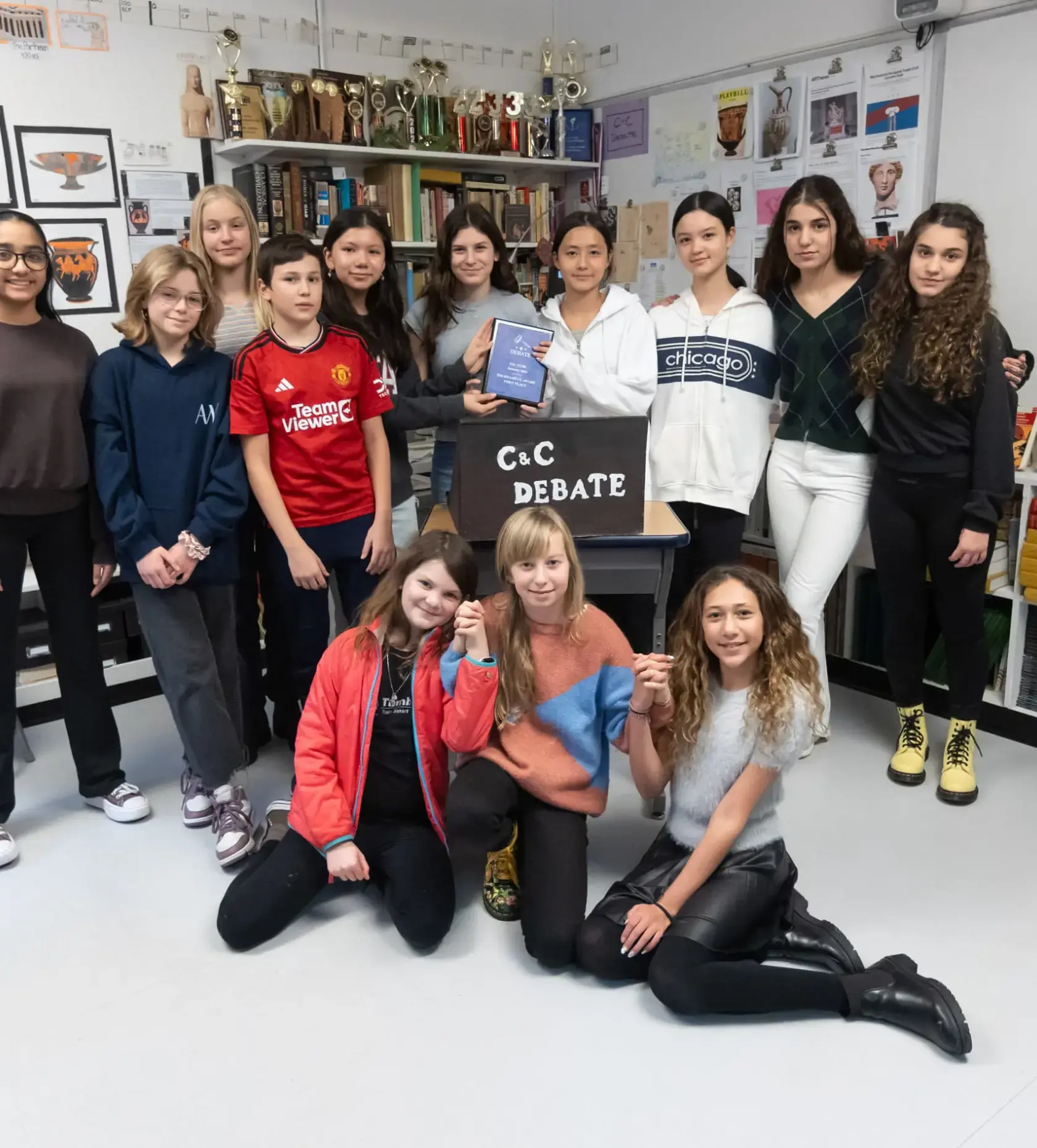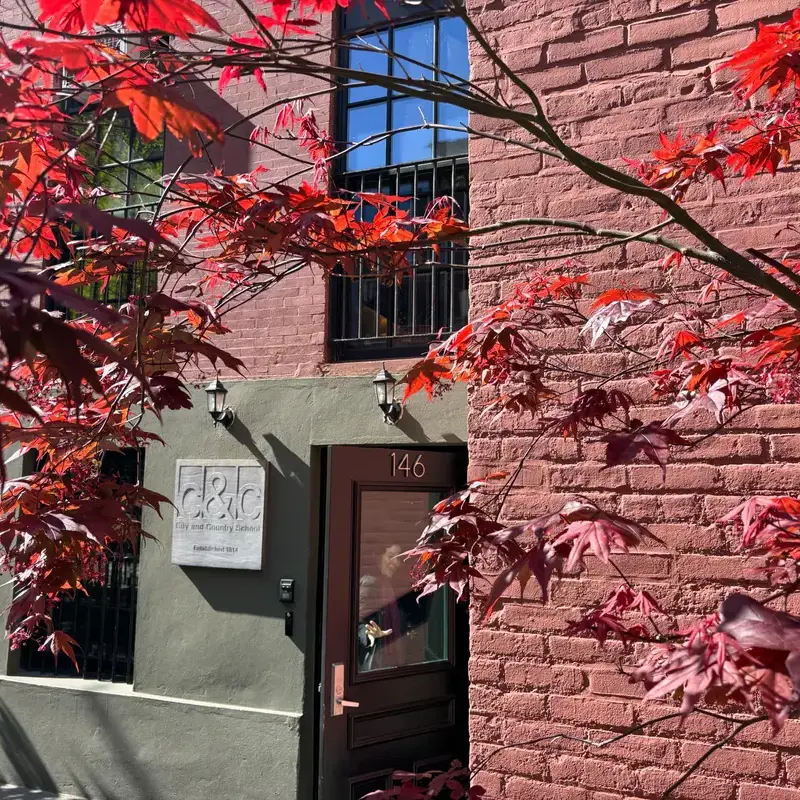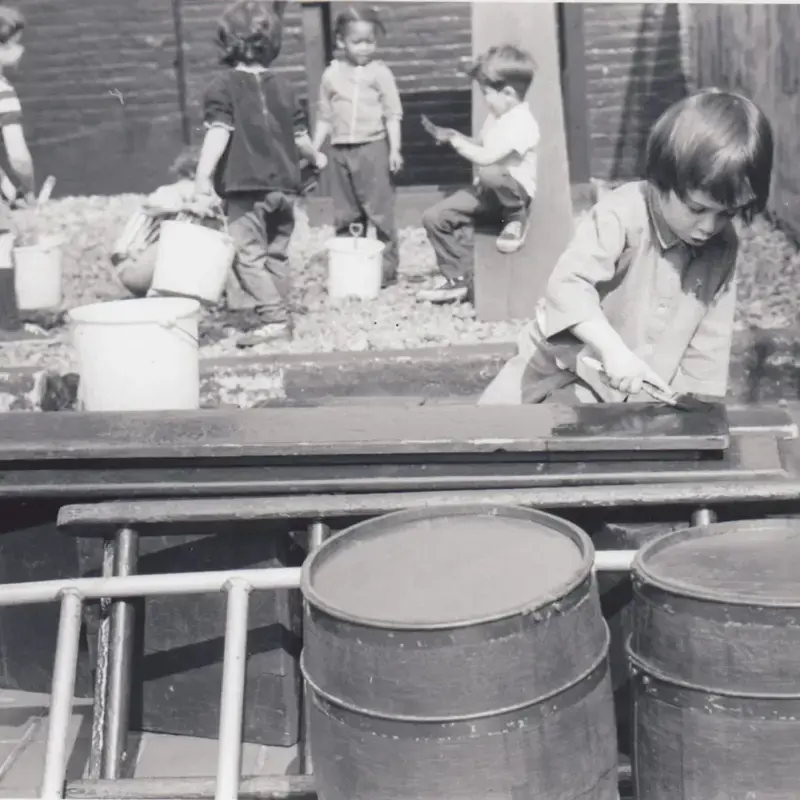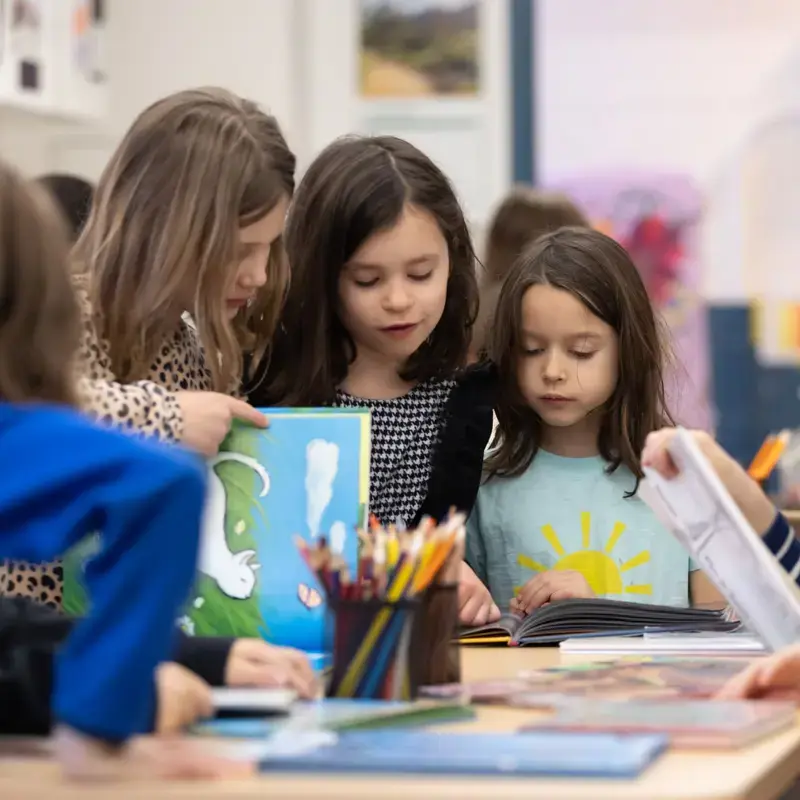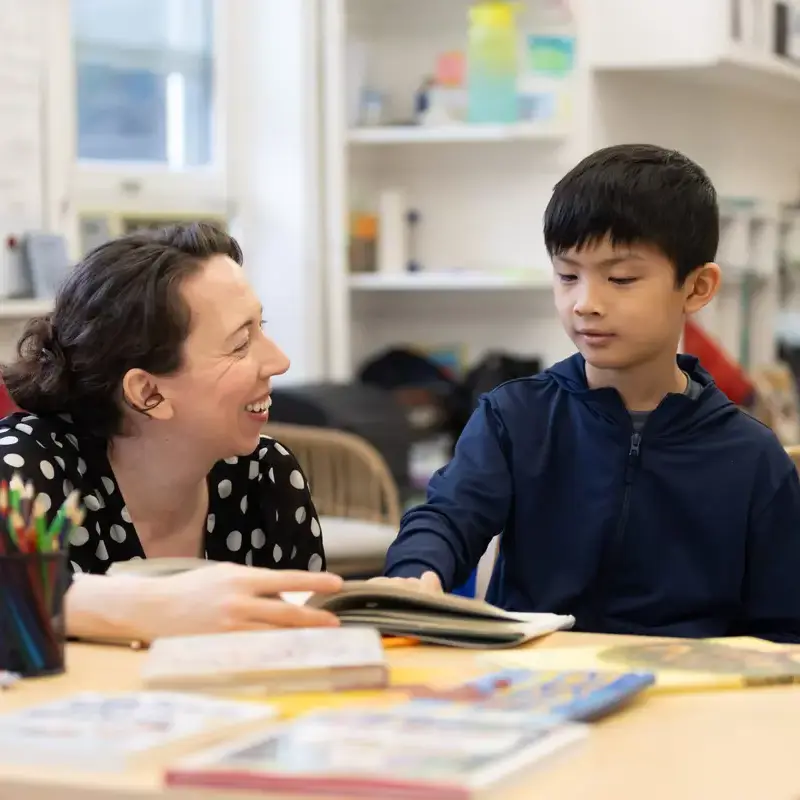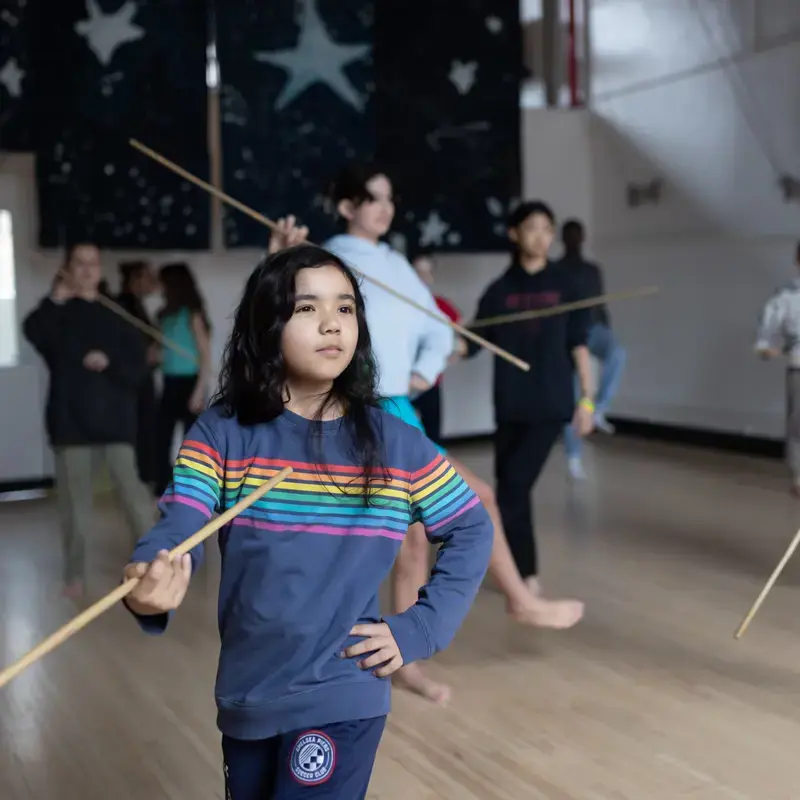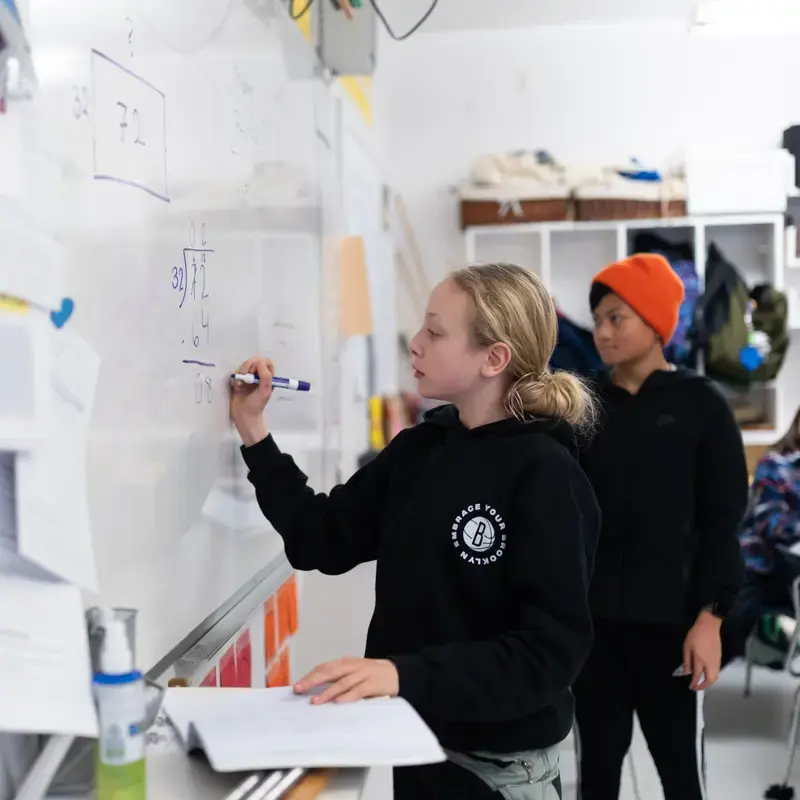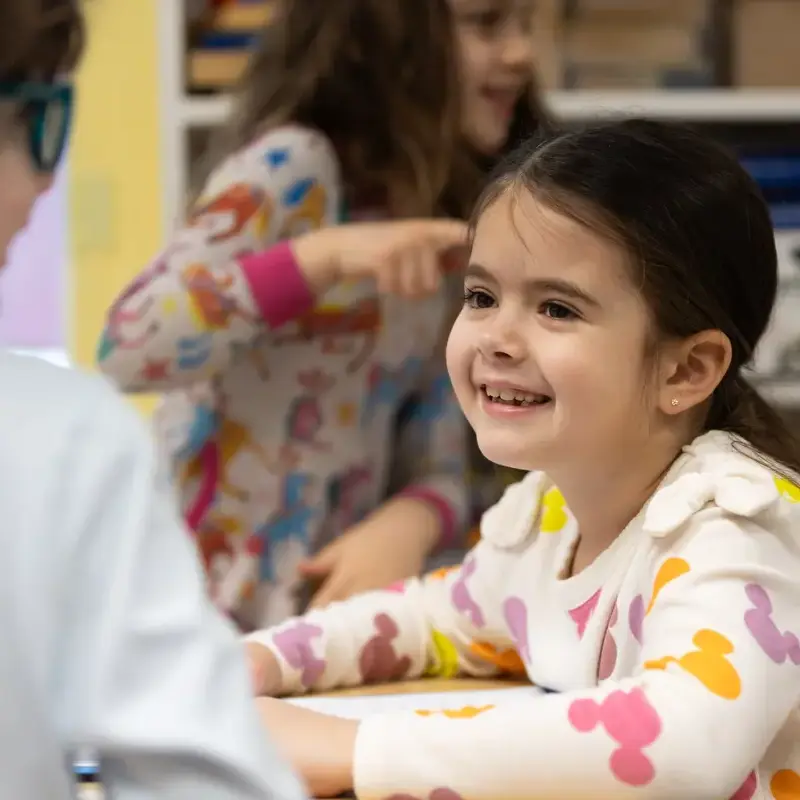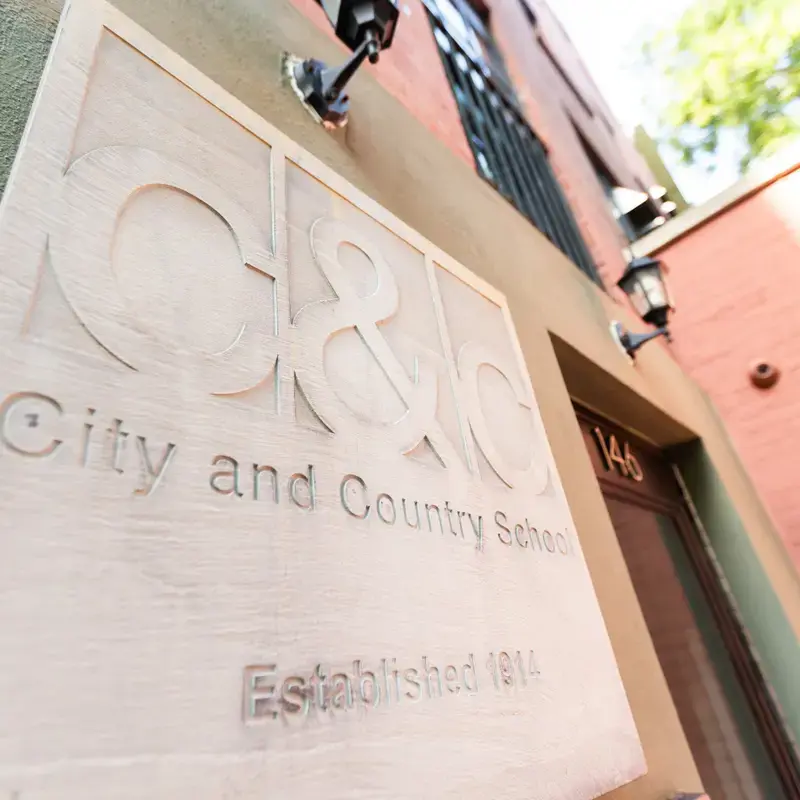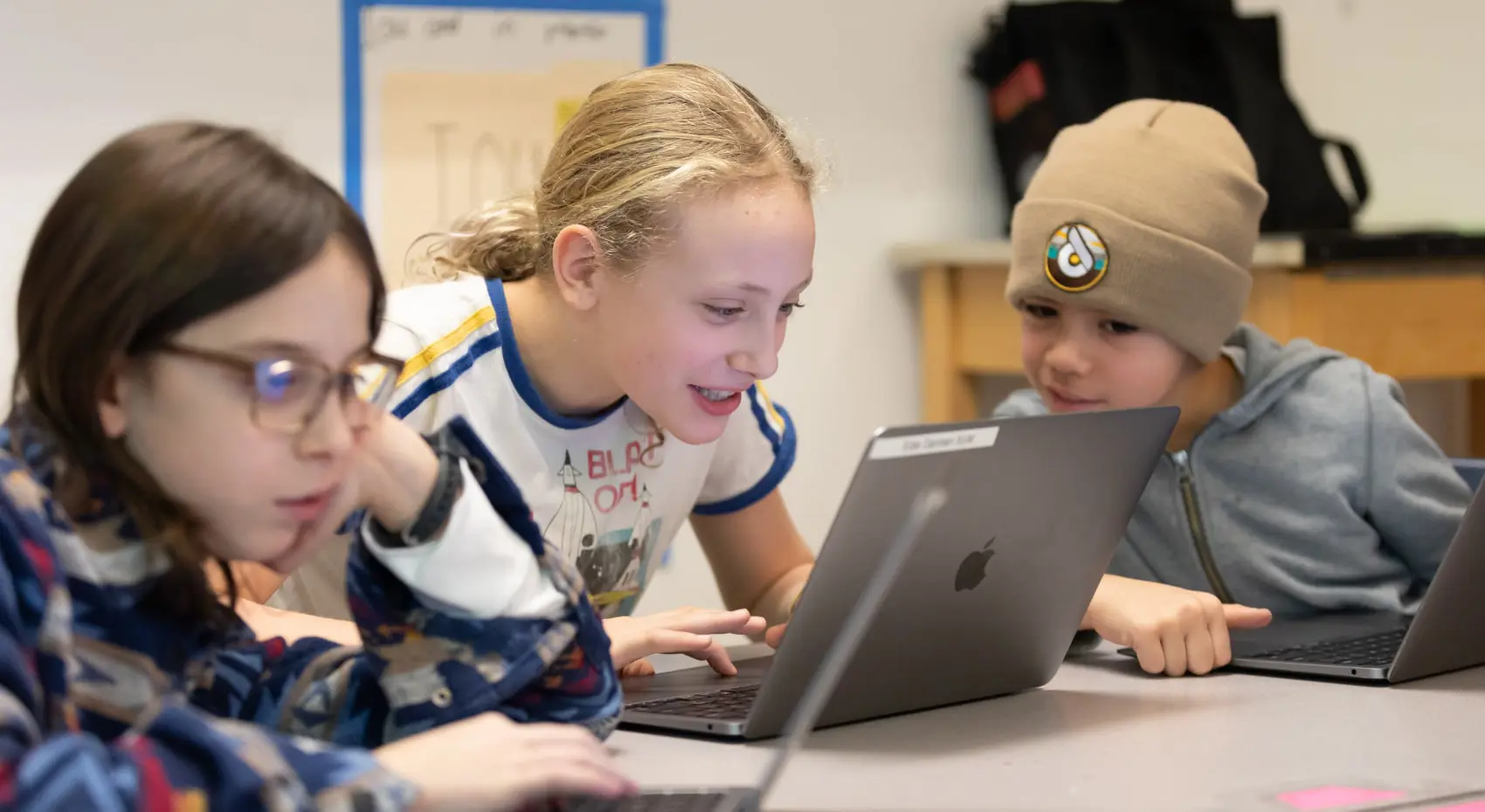Les Mis? Nope.
|
Plays at C&C are a culminating expression of learning. Groups synthesize information from their historical and cultural studies, select issues, events, and scenes to dramatize, and create historically contextualized music, scenery, and props. Whether they track immigrants across the West to build the railroad, or capture the 6th graders’ original innovation of Shakespeare’s A Midsummer Night’s Dream, C&C plays are created entirely by the children. Lord, what fools these mortals be … |
|
Treasured time and space.
|
Peace, quiet, and pleasure reading. Every single day for 30 minutes. We ask our grads, “What do you miss most about C&C?” Often–without missing a beat–they respond, “Library.” |
|
Developing understanding.
|
8th graders talk about the latest chapter of “Black Boy” by Richard Wright, comparing Wright’s experiences with poverty and racism during the early 20th Century to current conditions. The point? To better understand the Black experience and work toward a more equitable society. |
|
Whistle while you …
Late afternoon brings variety in the upper grades: 6th graders work the printing presses, catching up on orders for attendance cards; 7th graders tend to their beloved 4s; 8th graders focus on their independent electives work in the Tech Lab.
Variety is the spice of life.
There’s always more.
|
3:15 doesn’t mean goodbye. Time to suit up for soccer or brain up for Debate. There’s also yoga, watercolor painting, theater, printmaking, private music lessons … |
|
